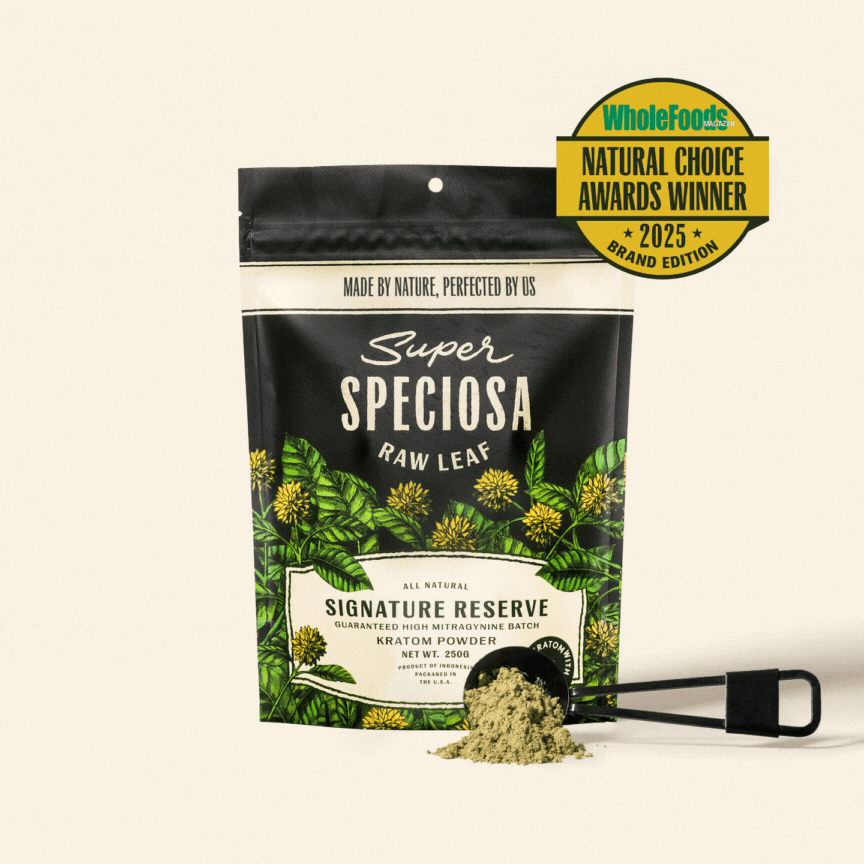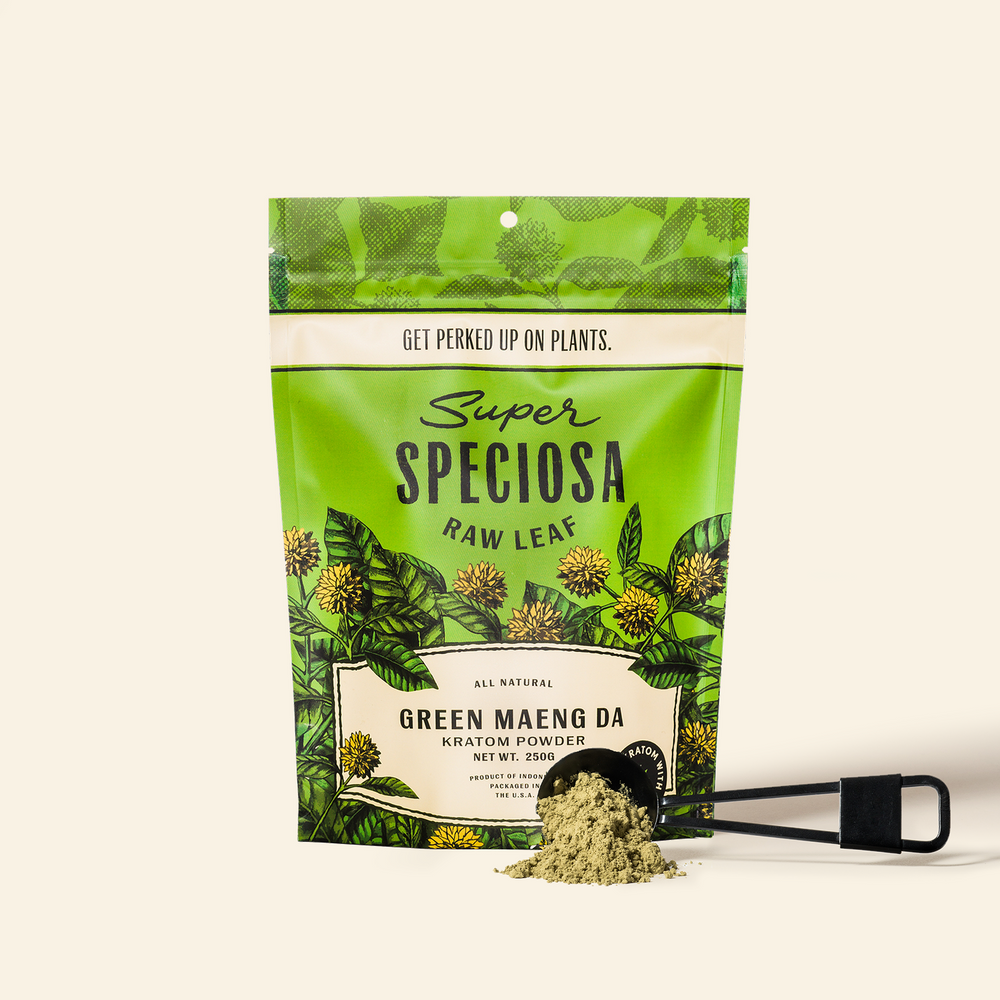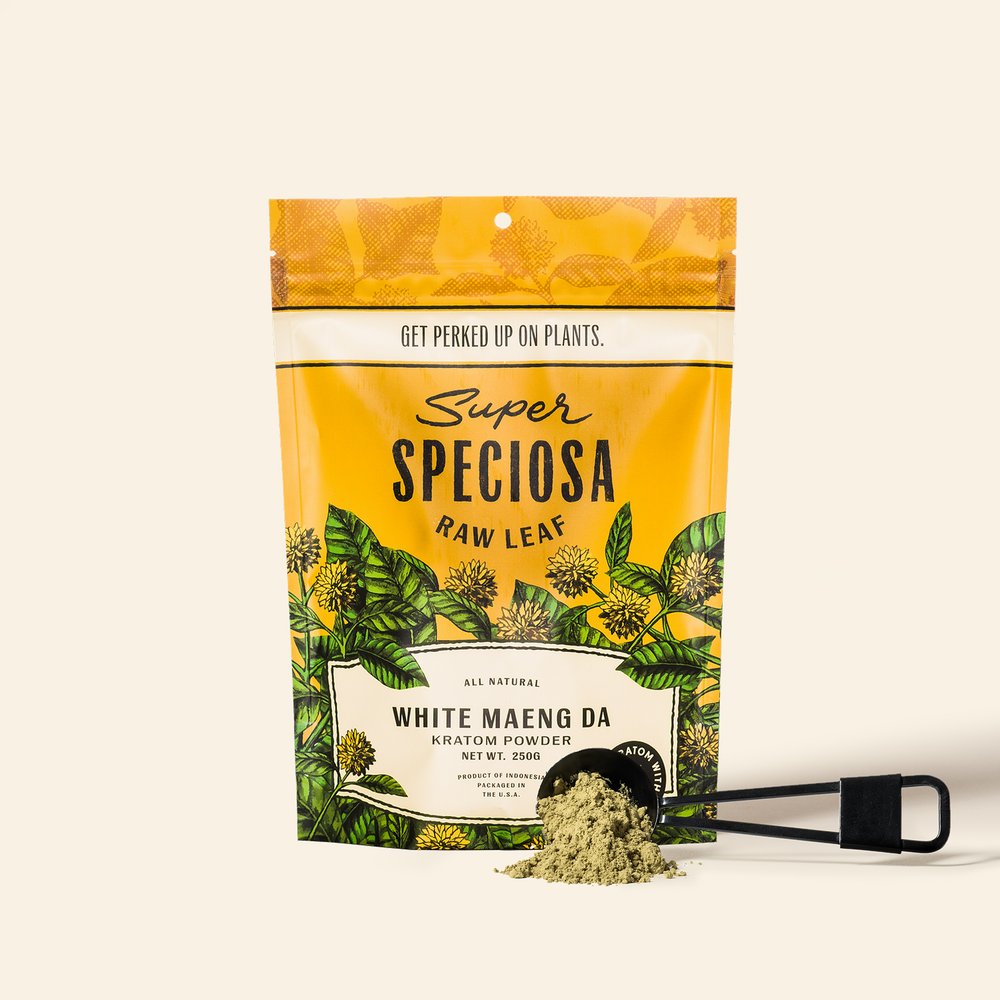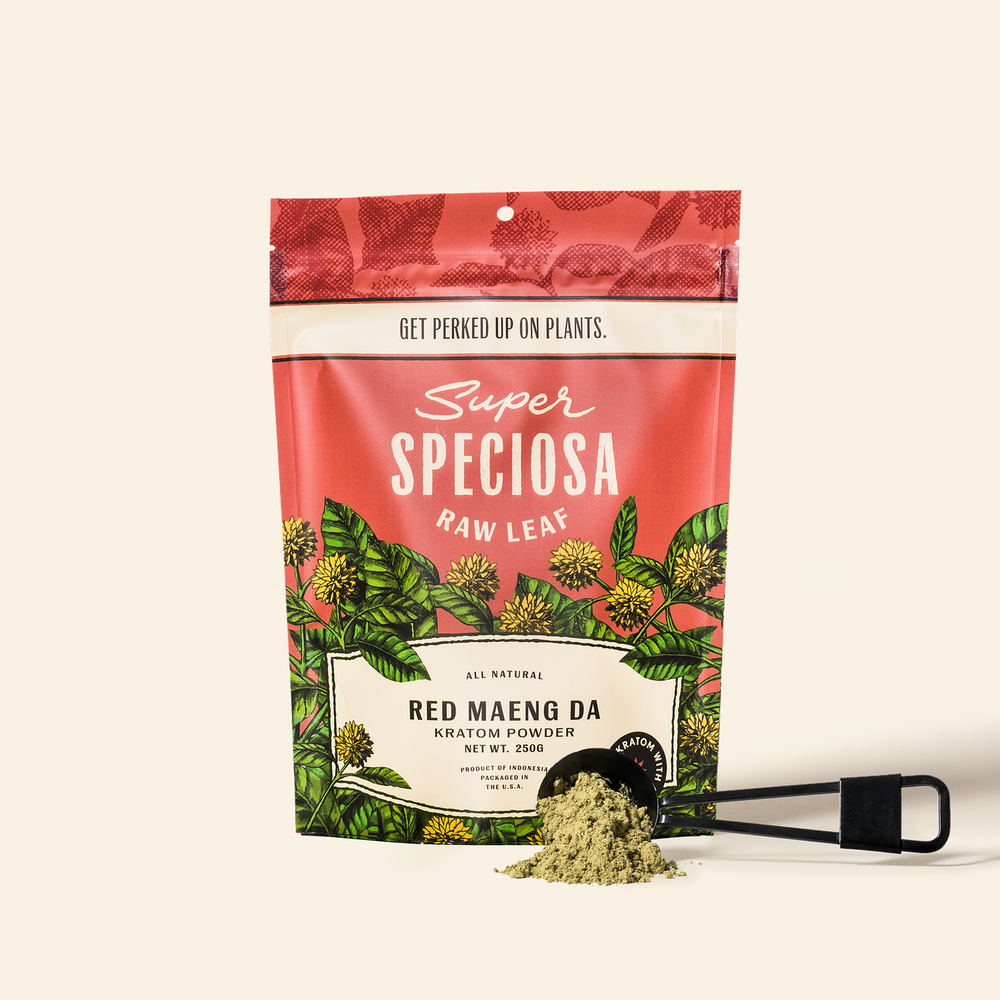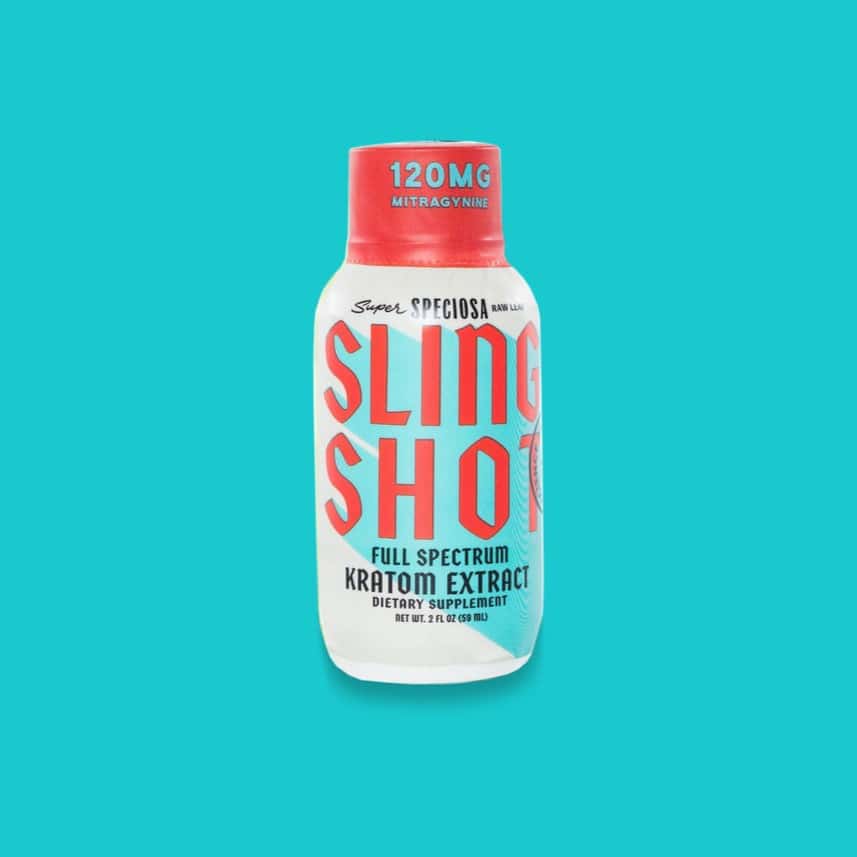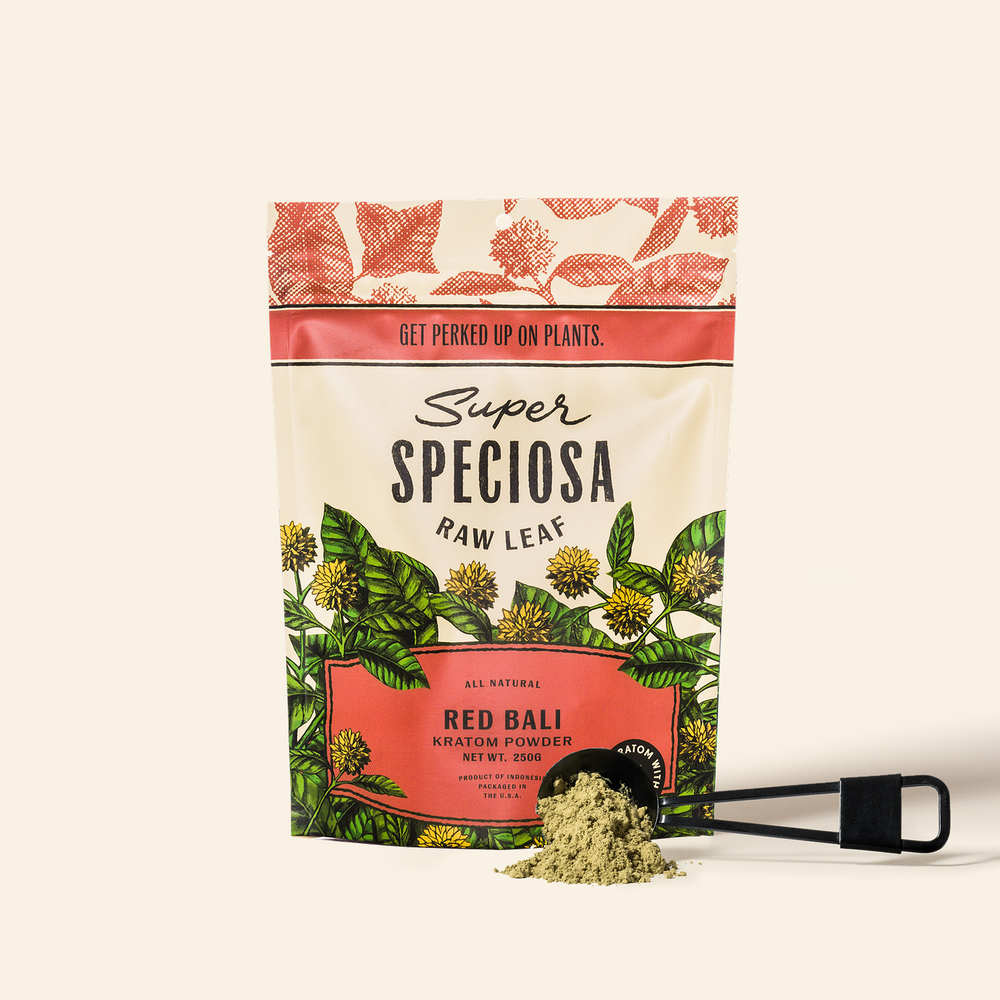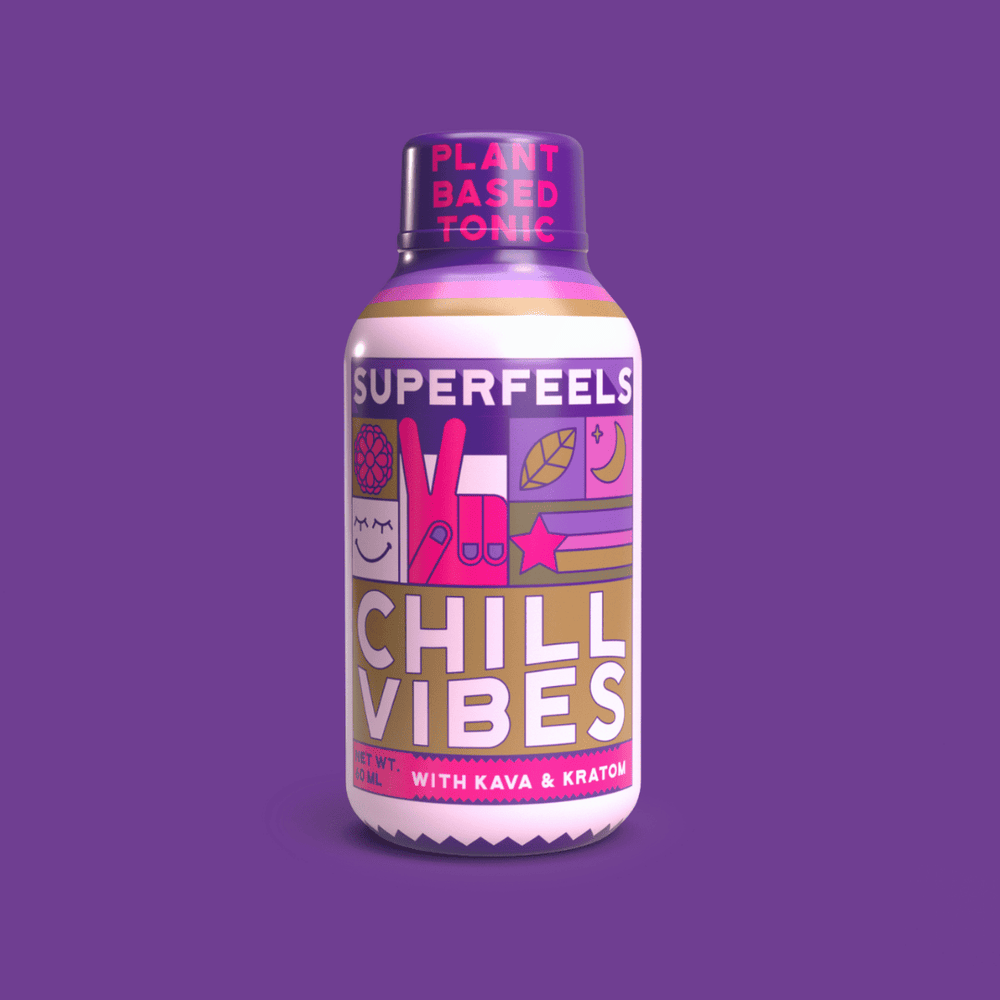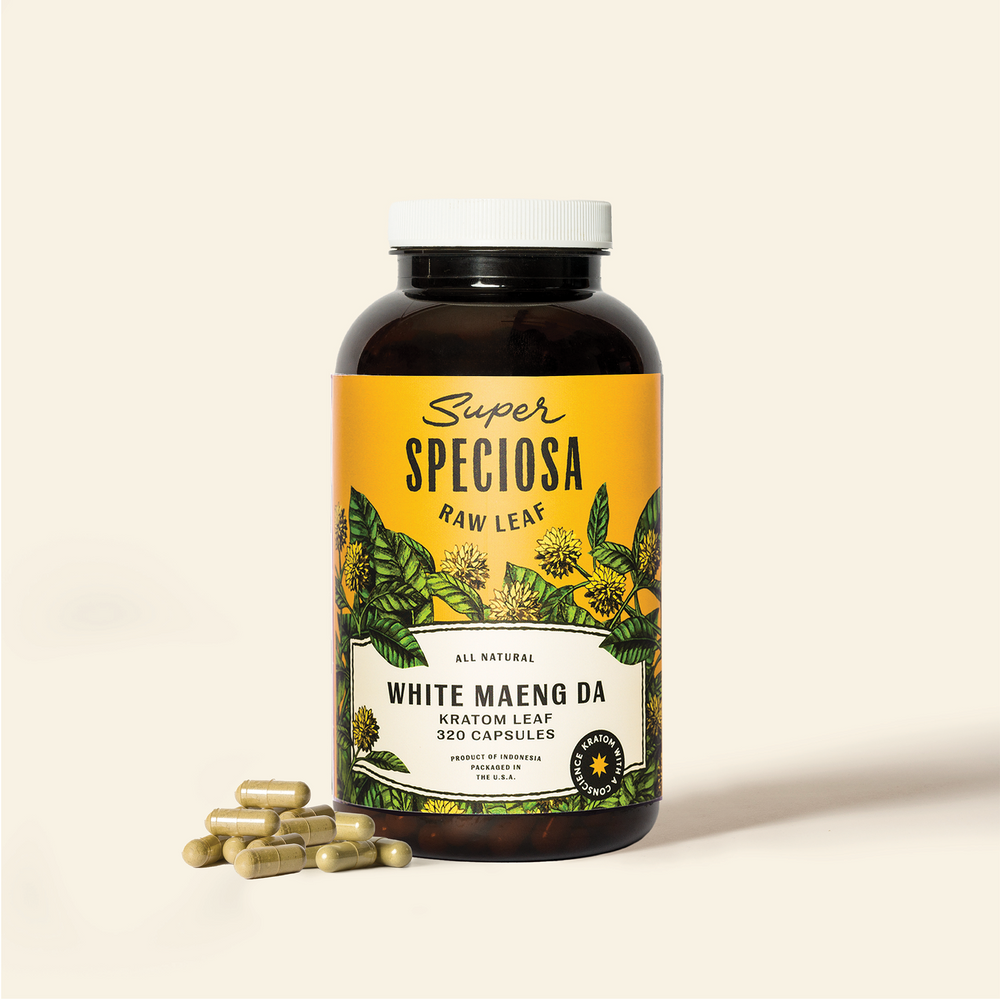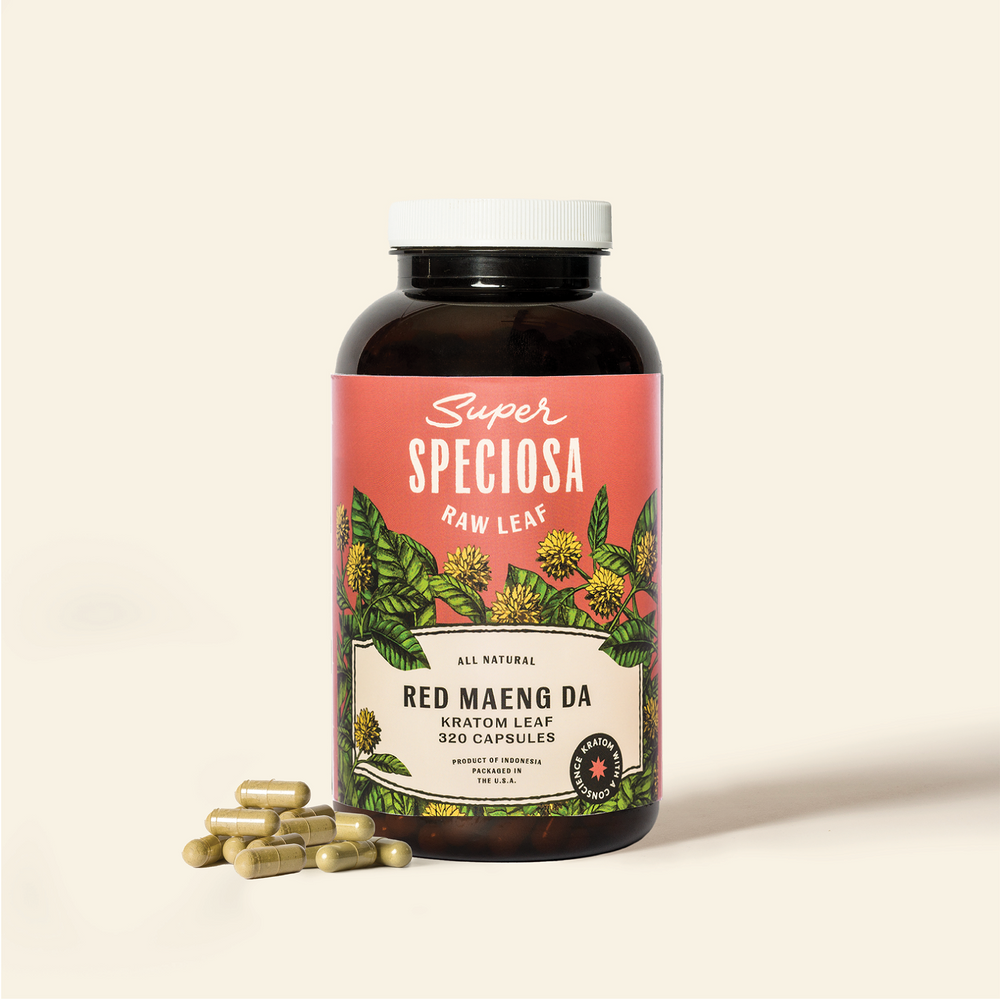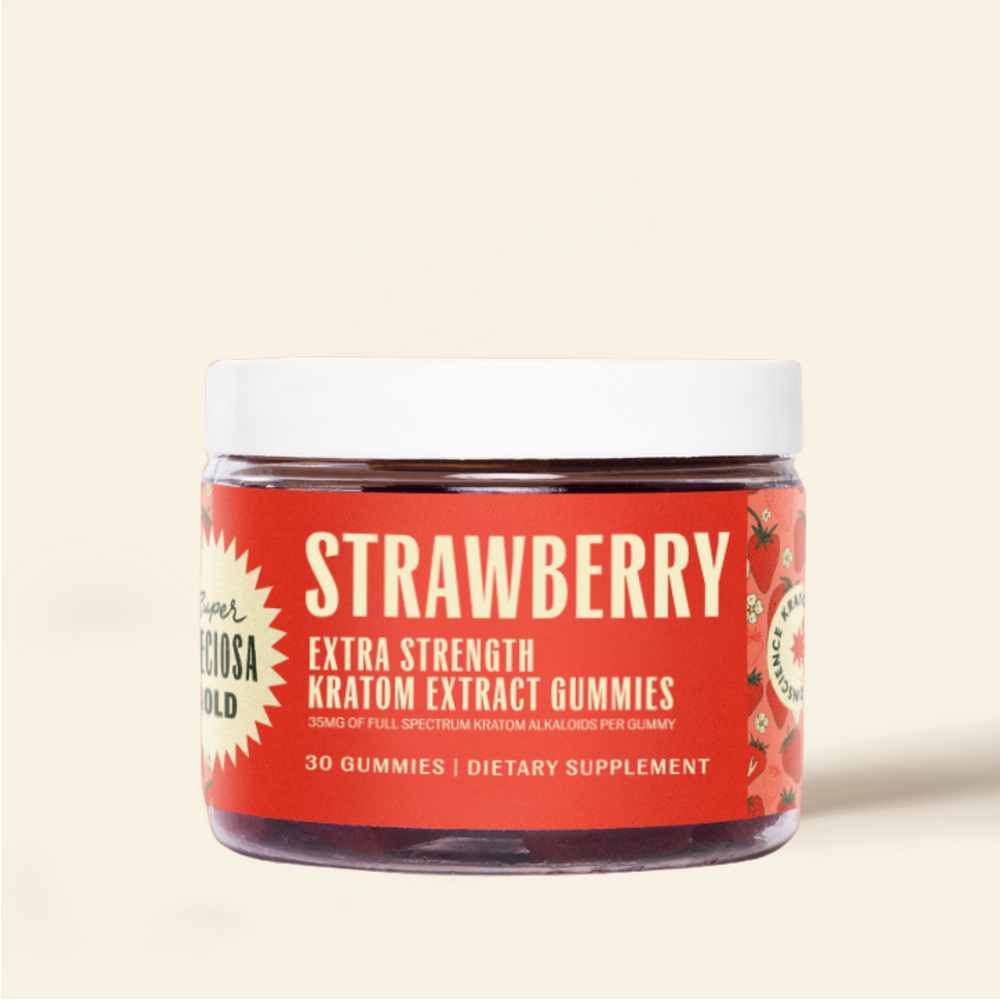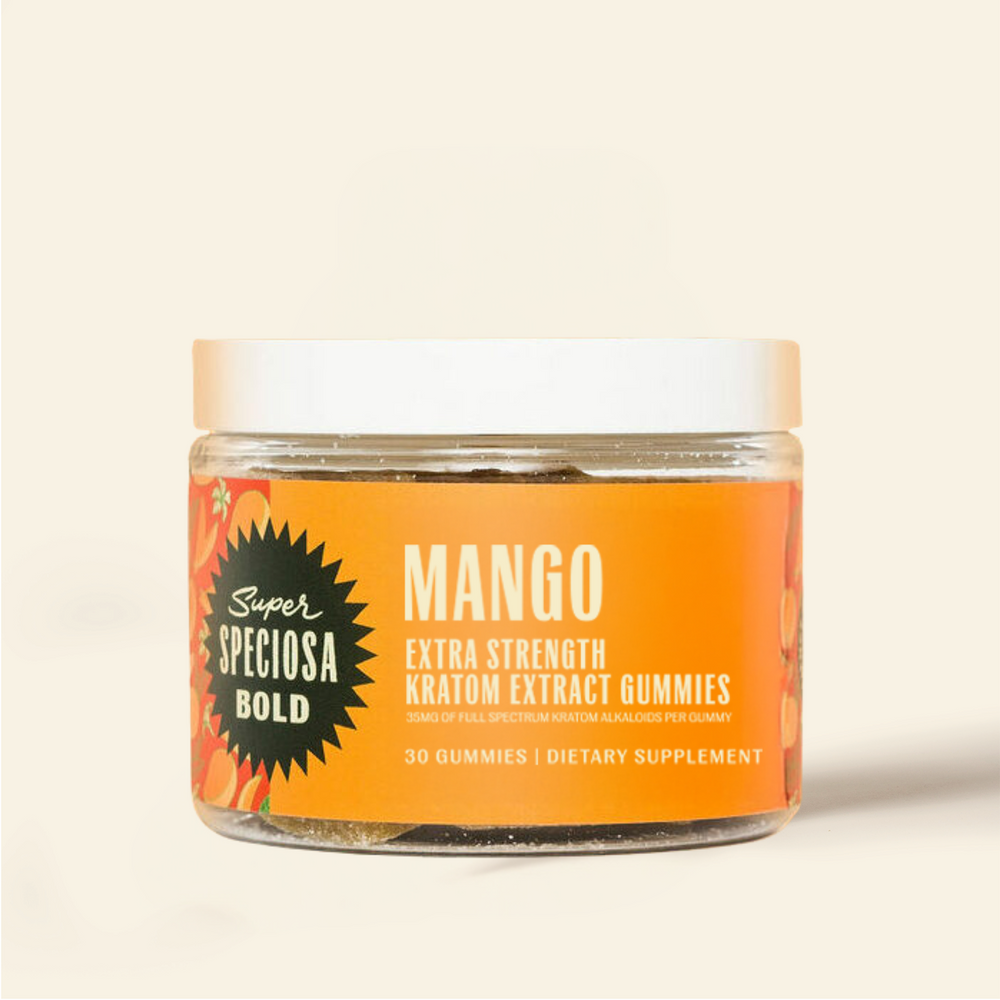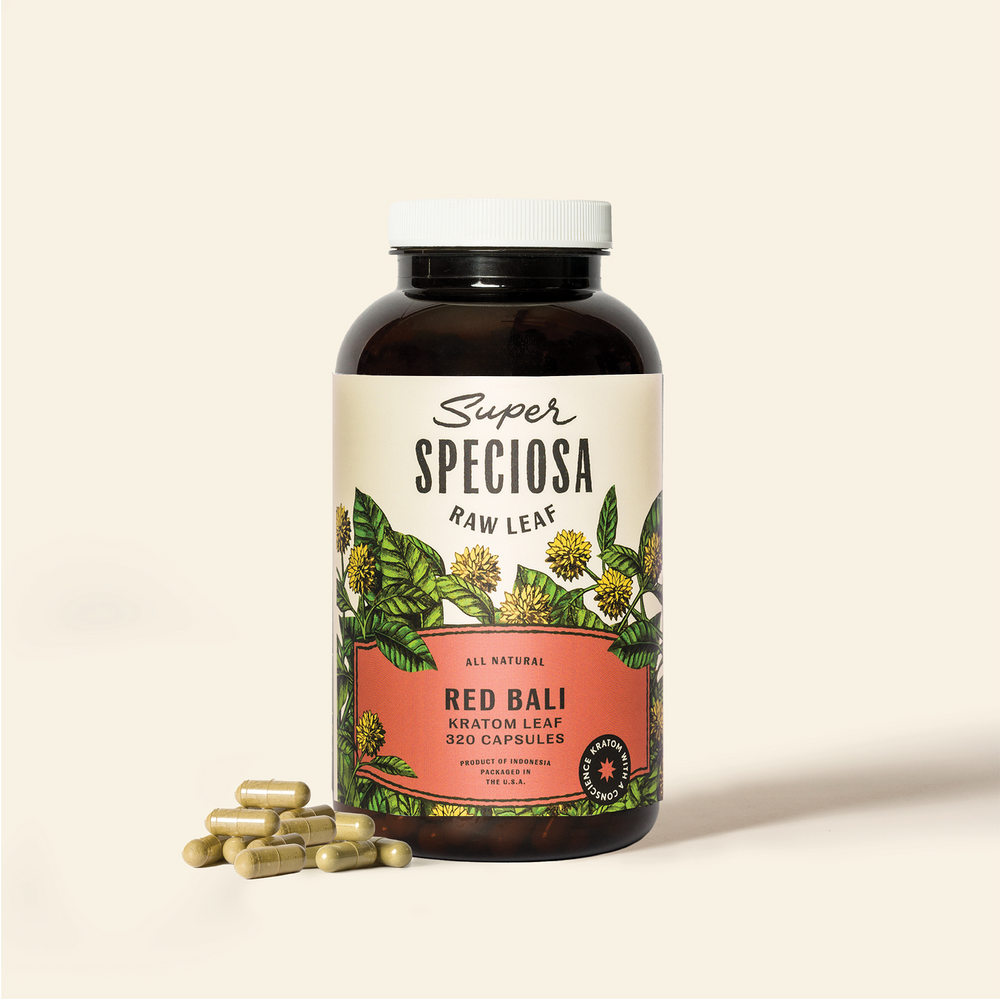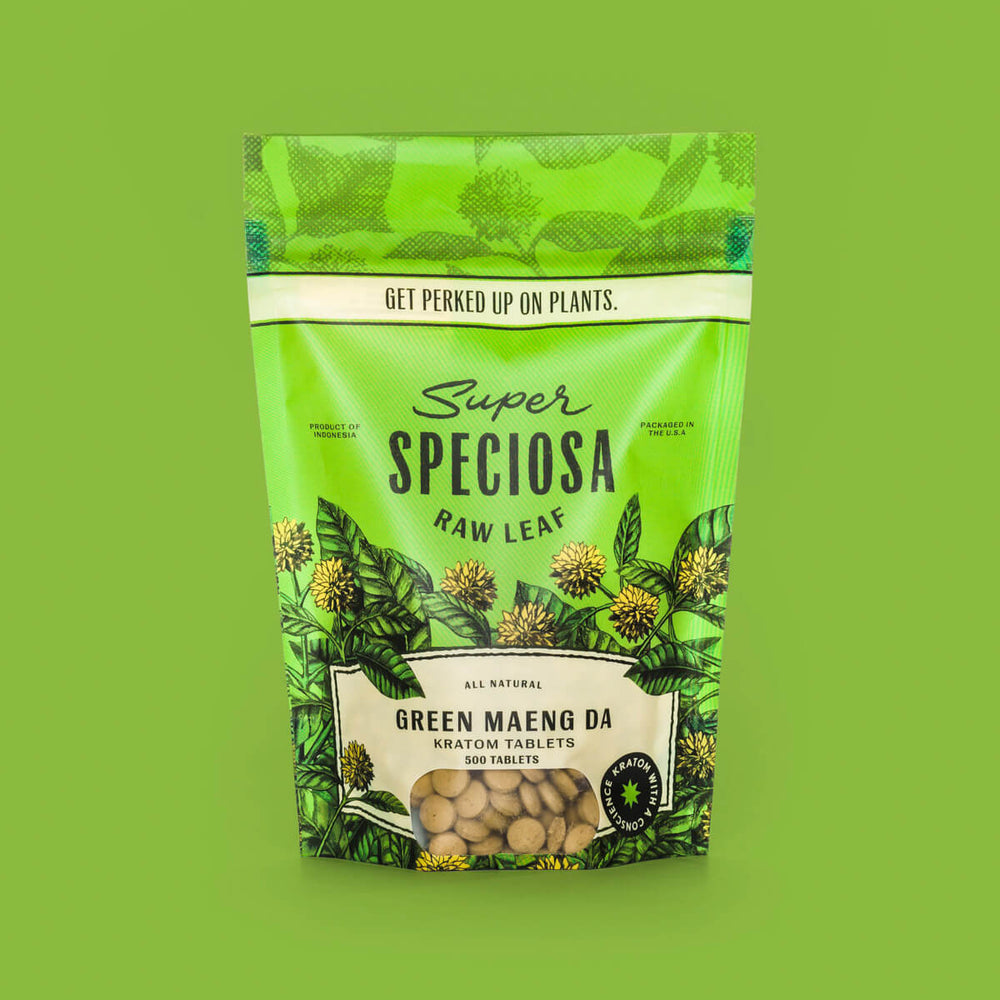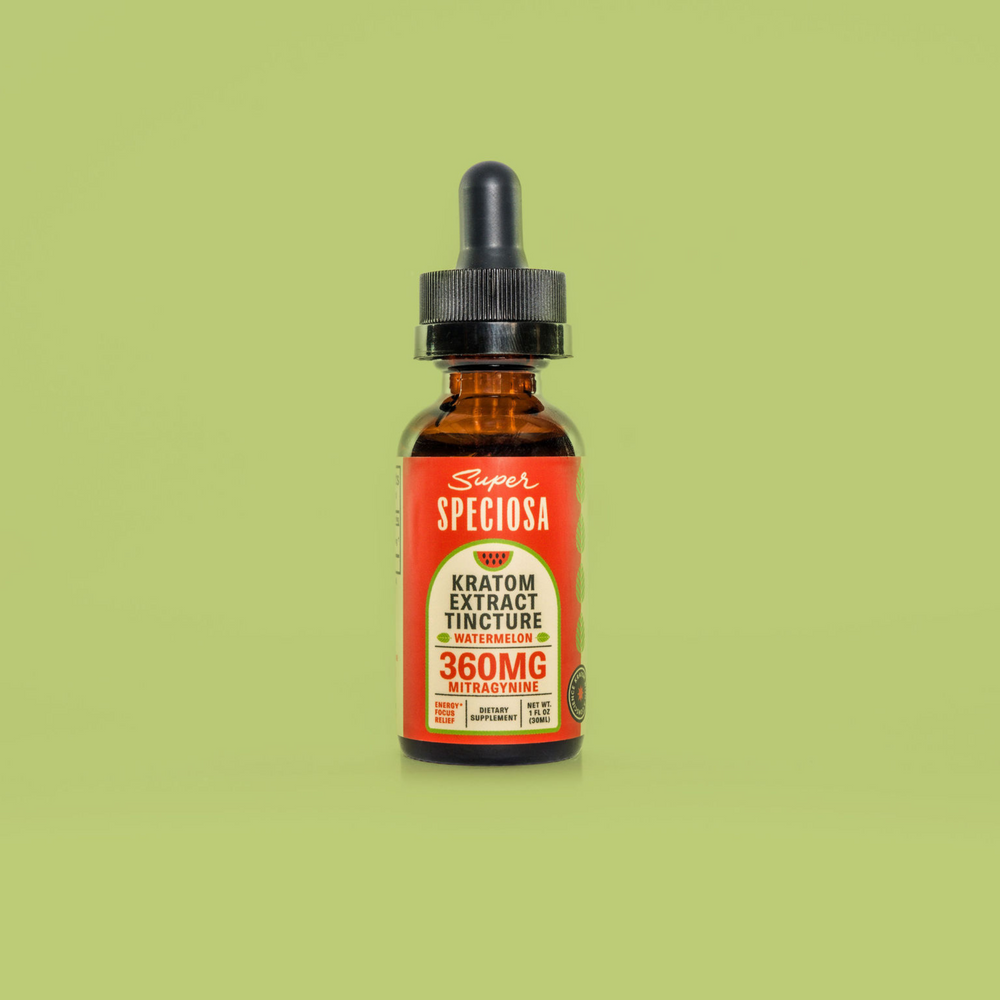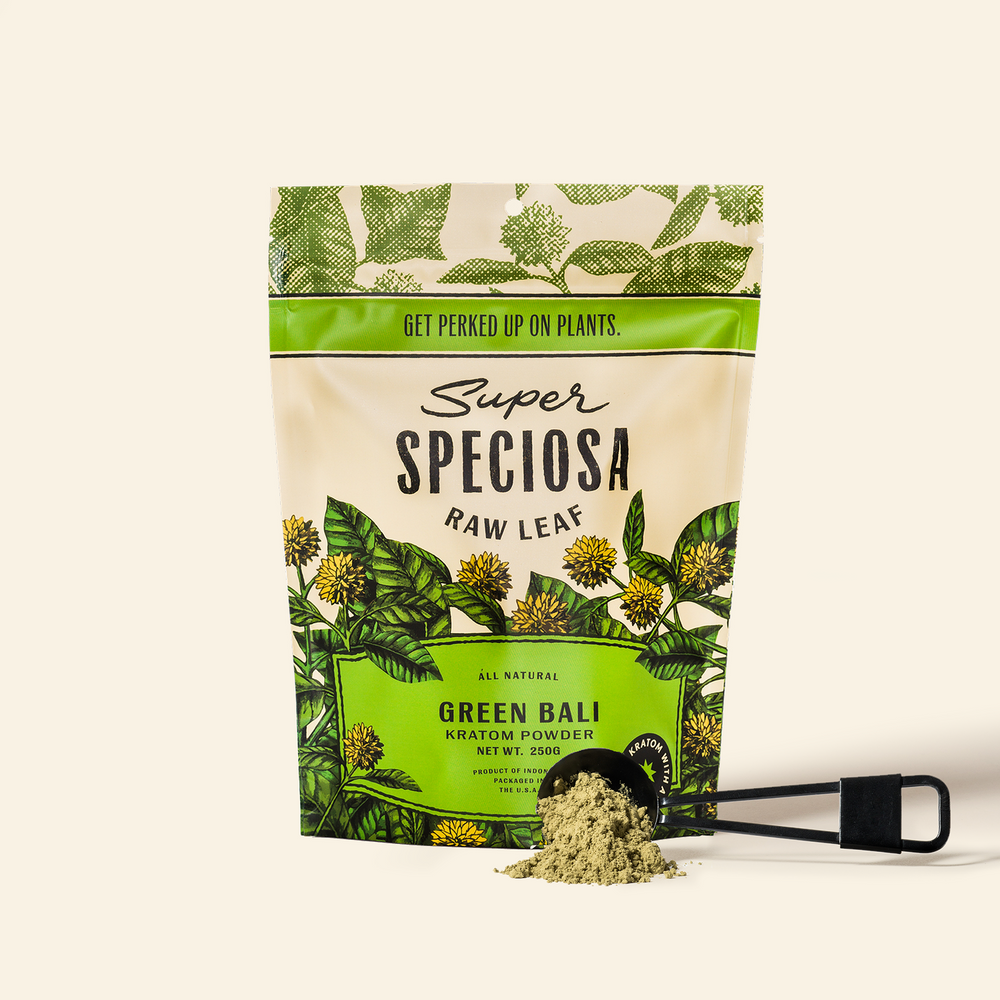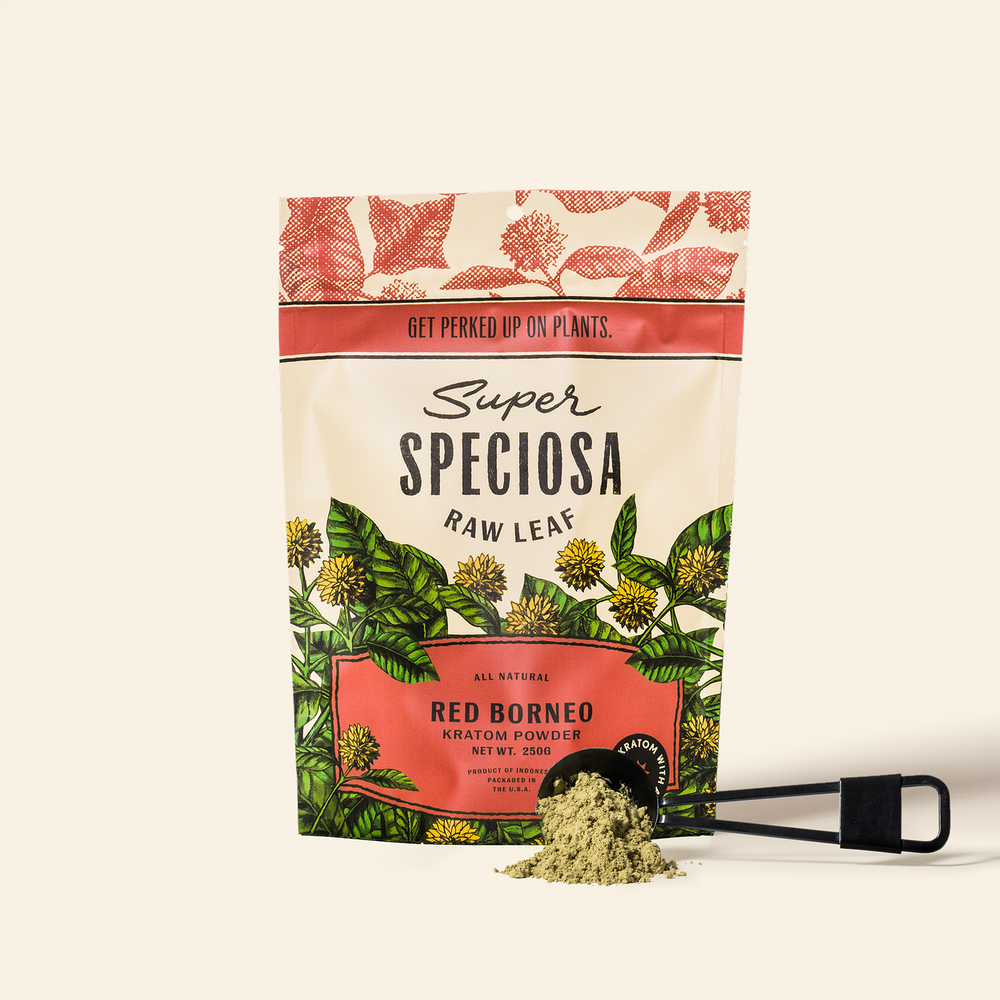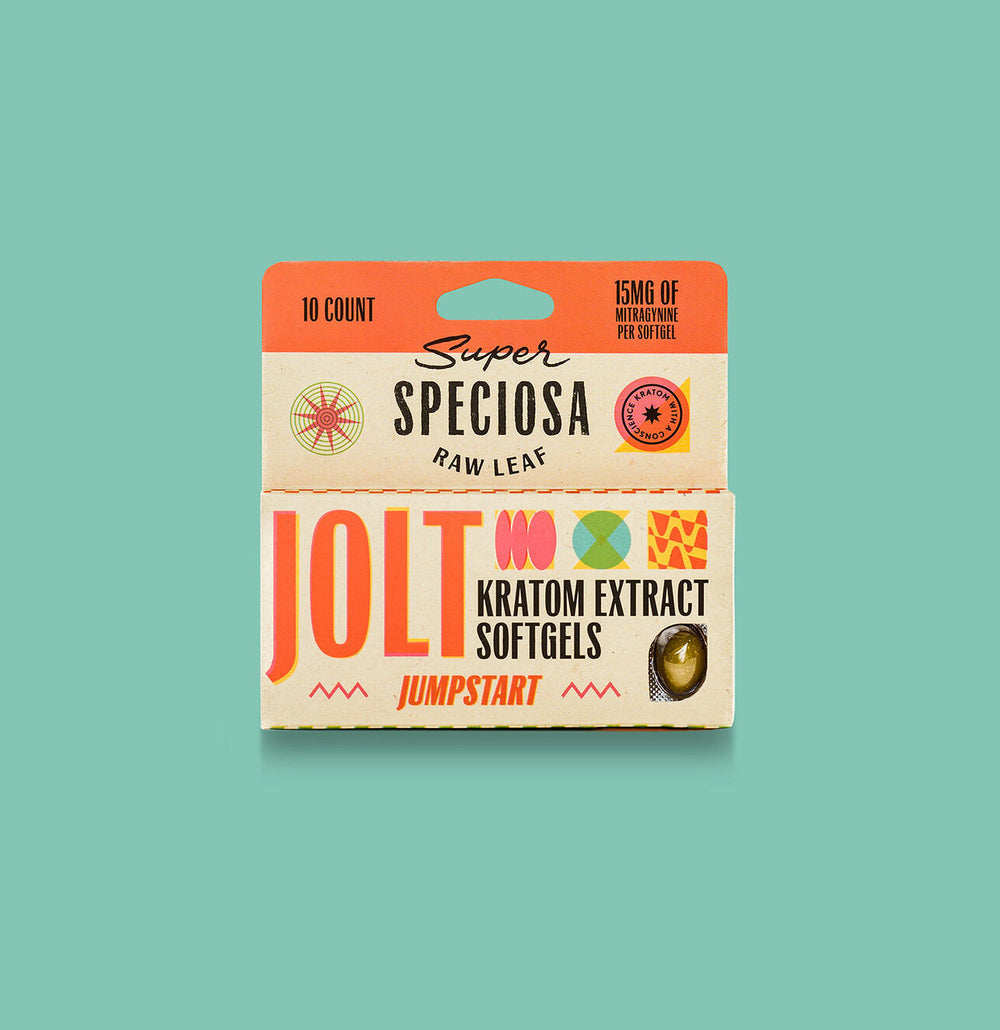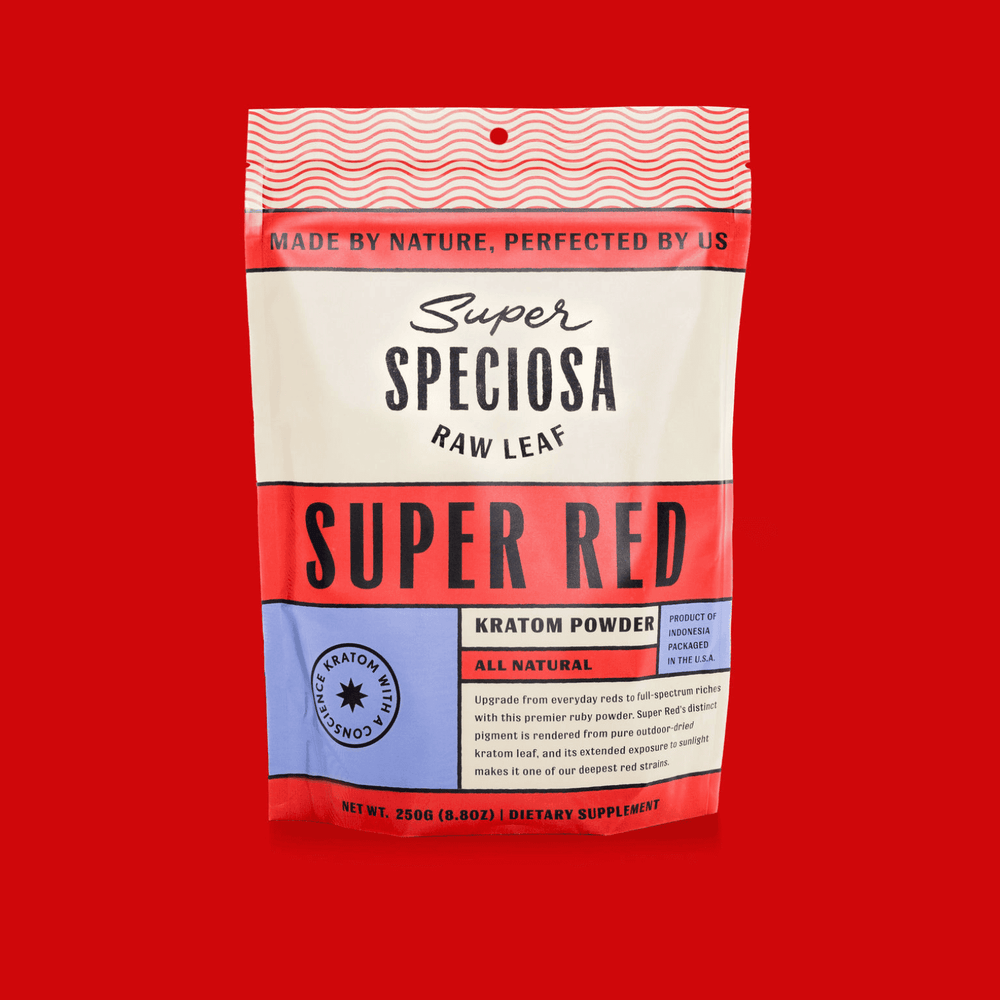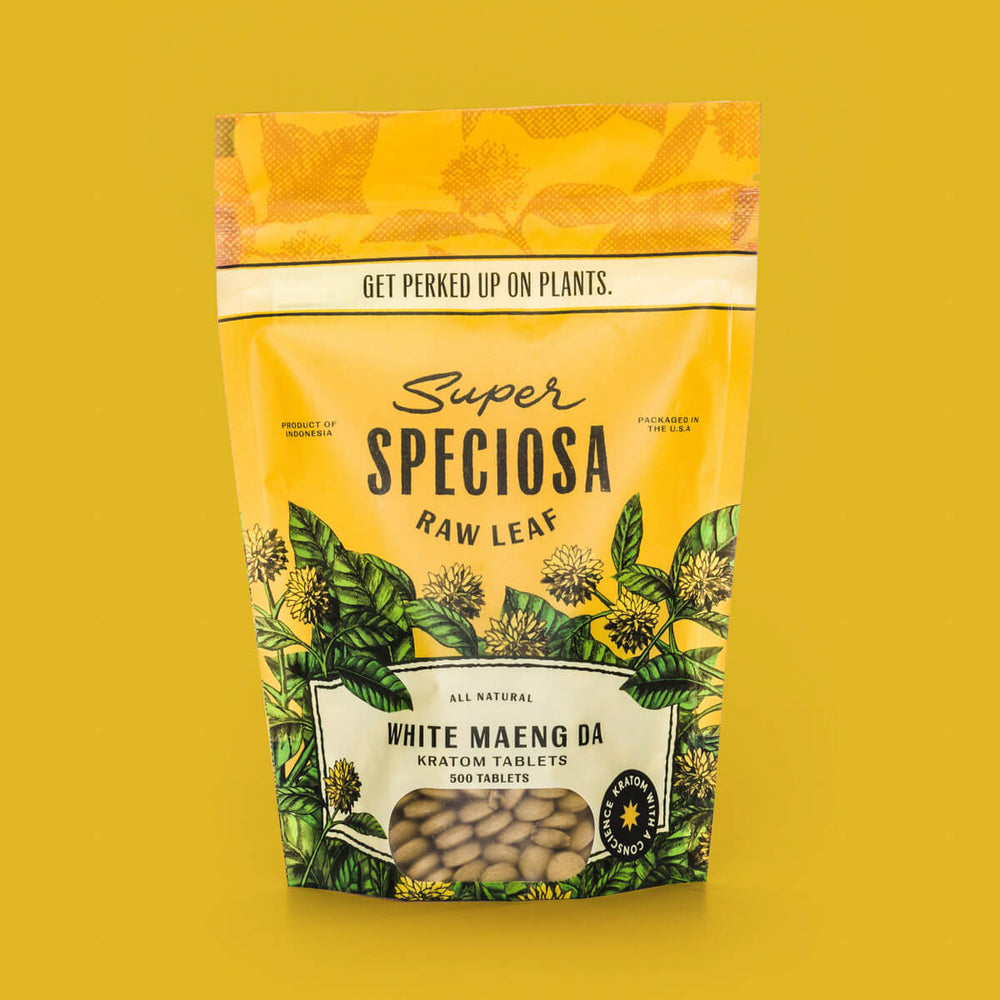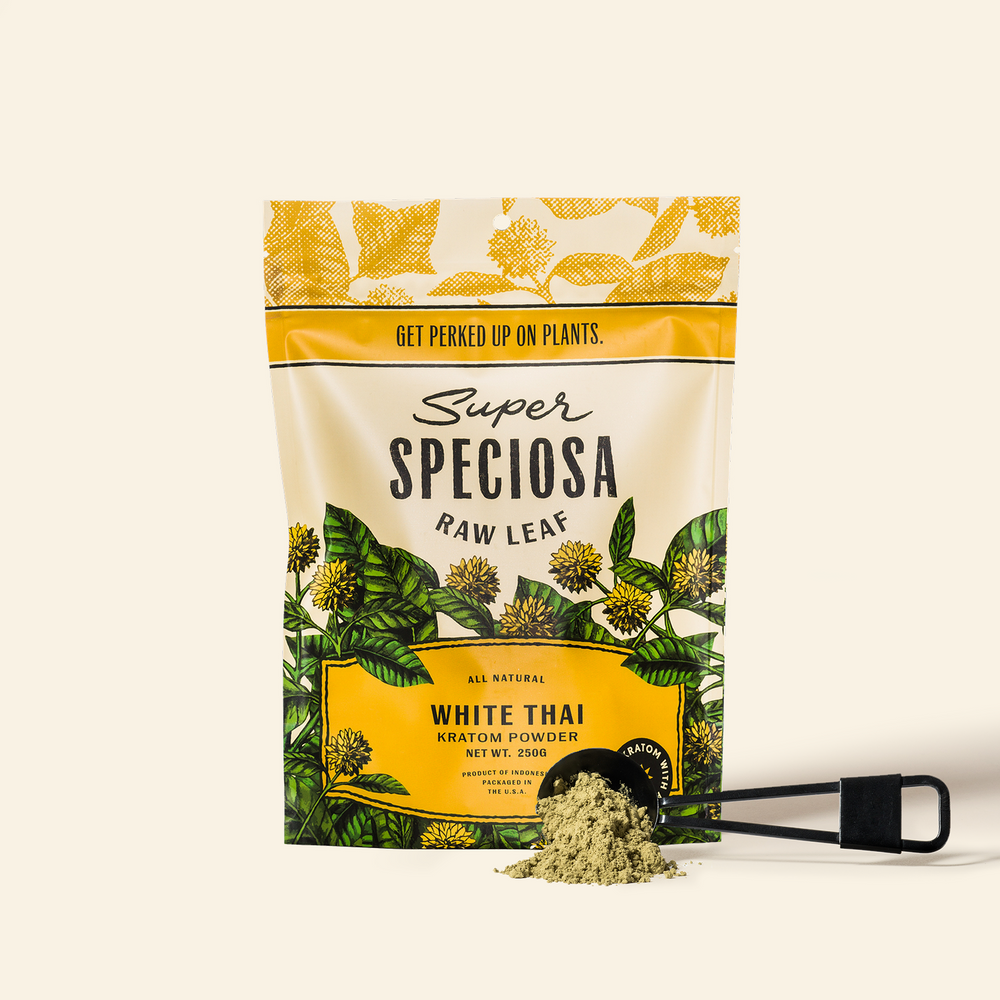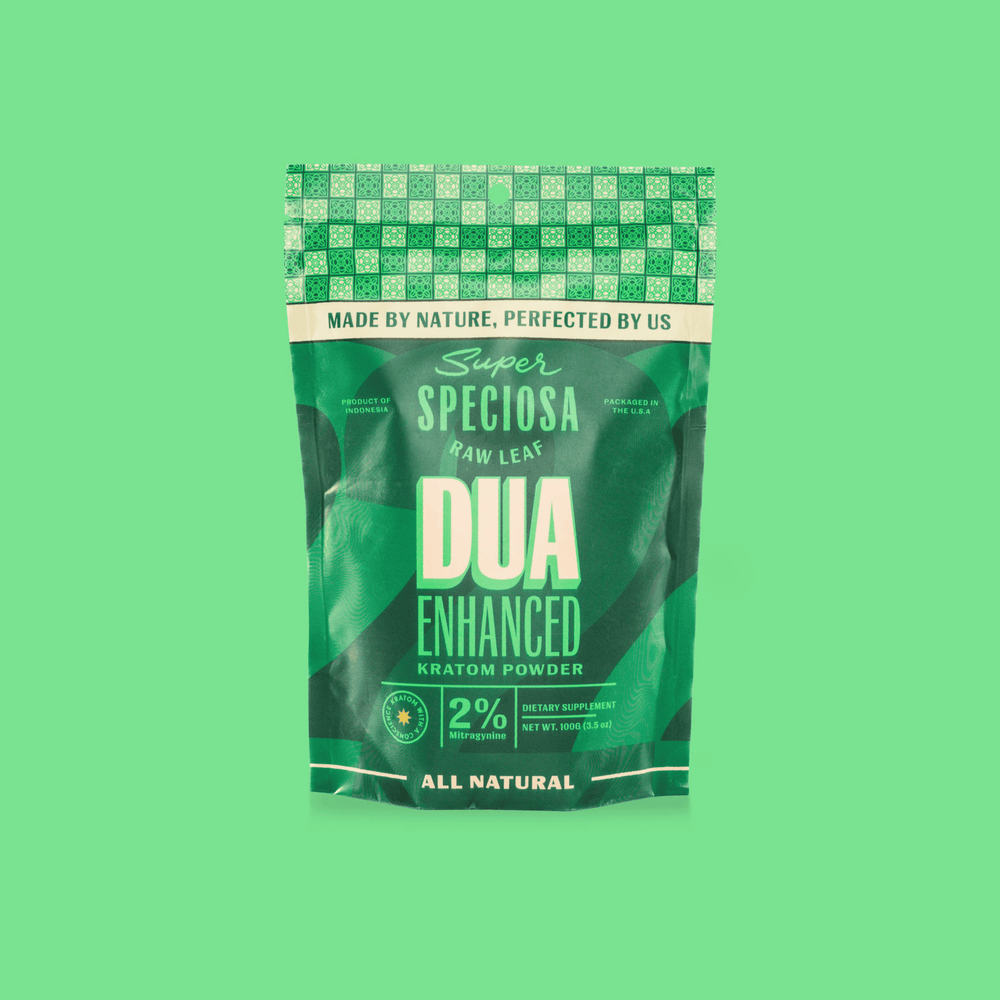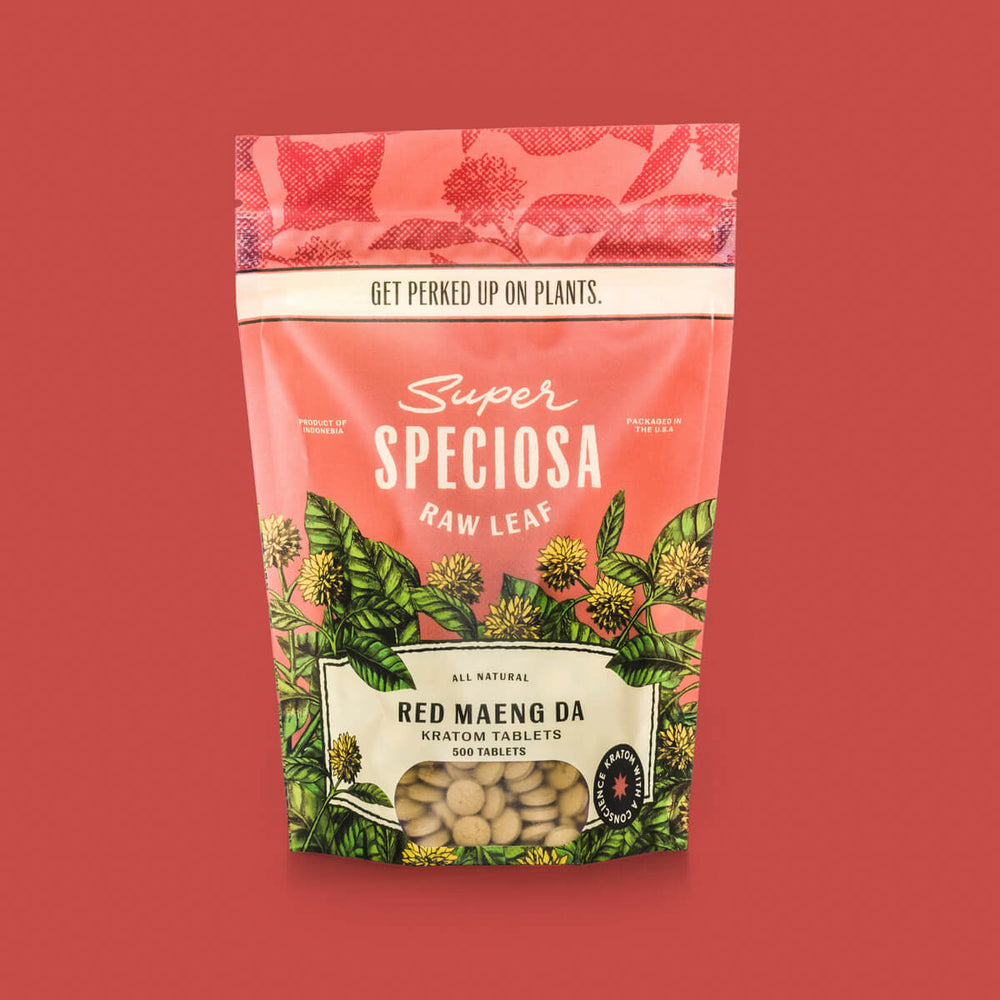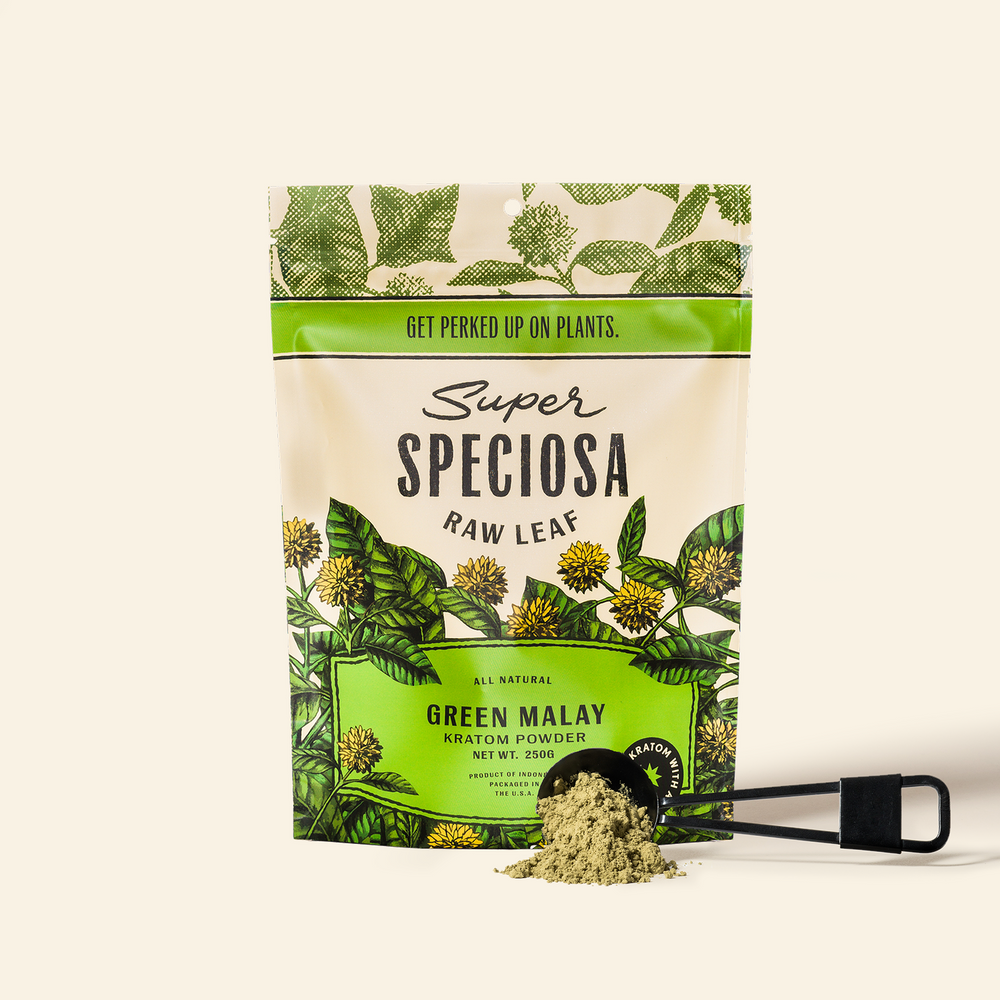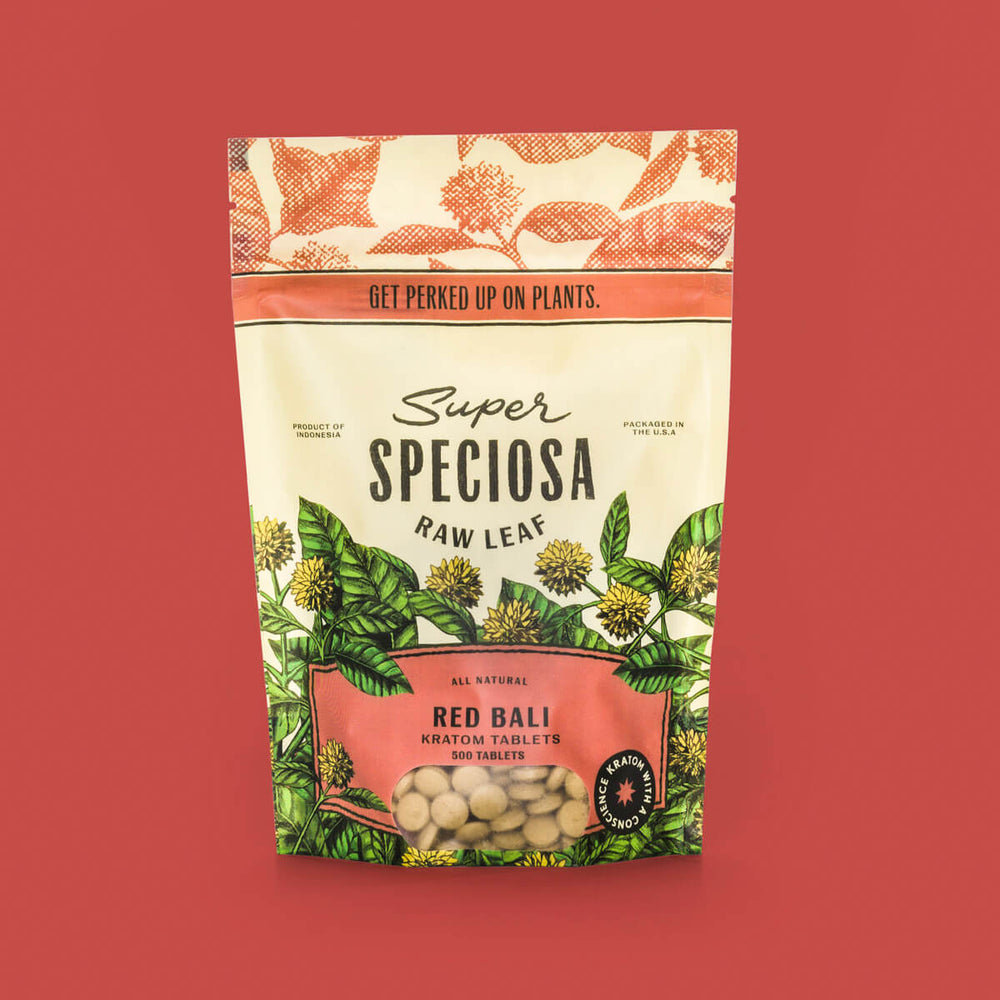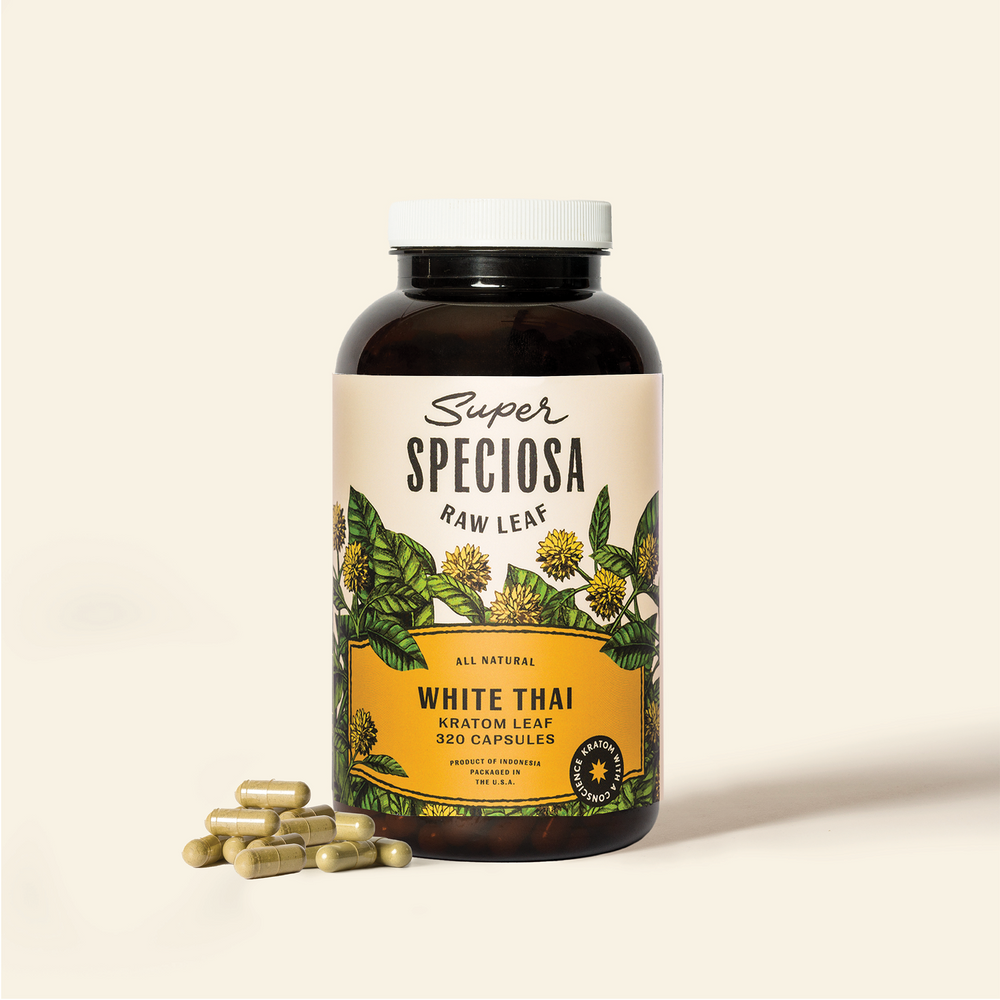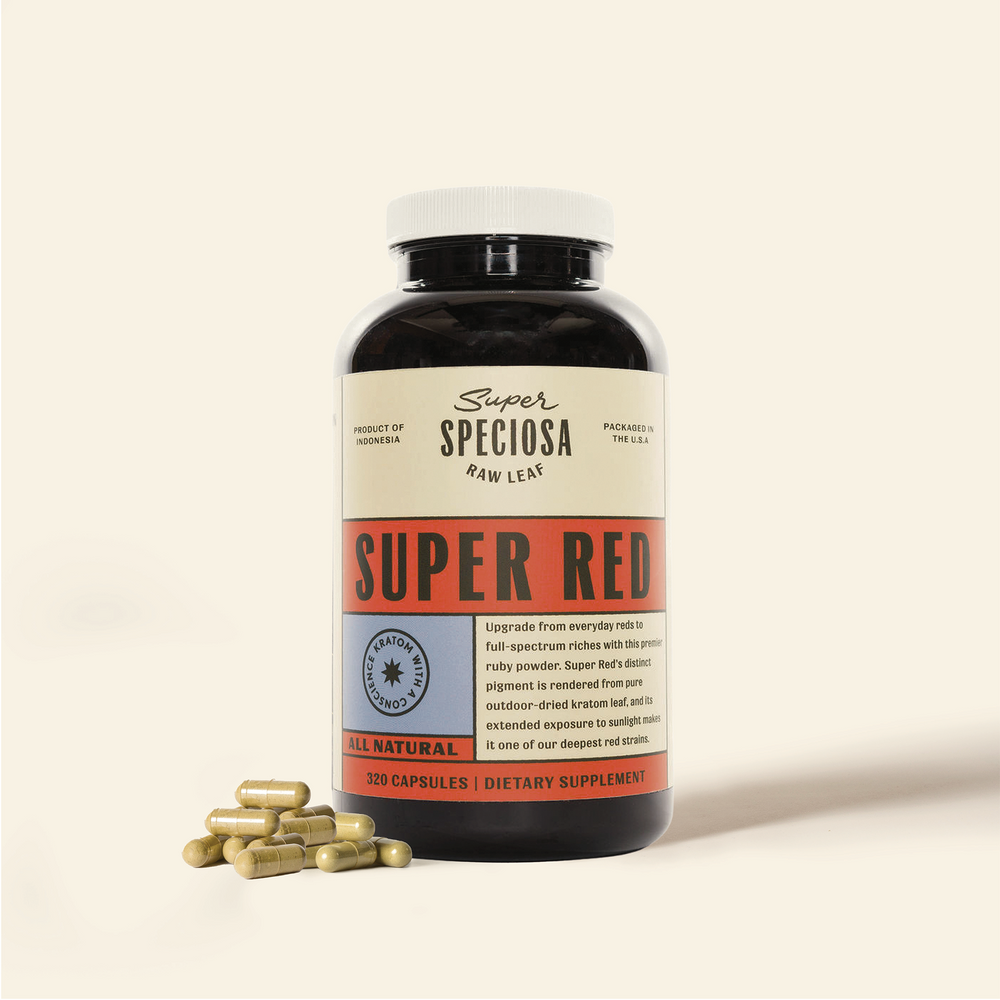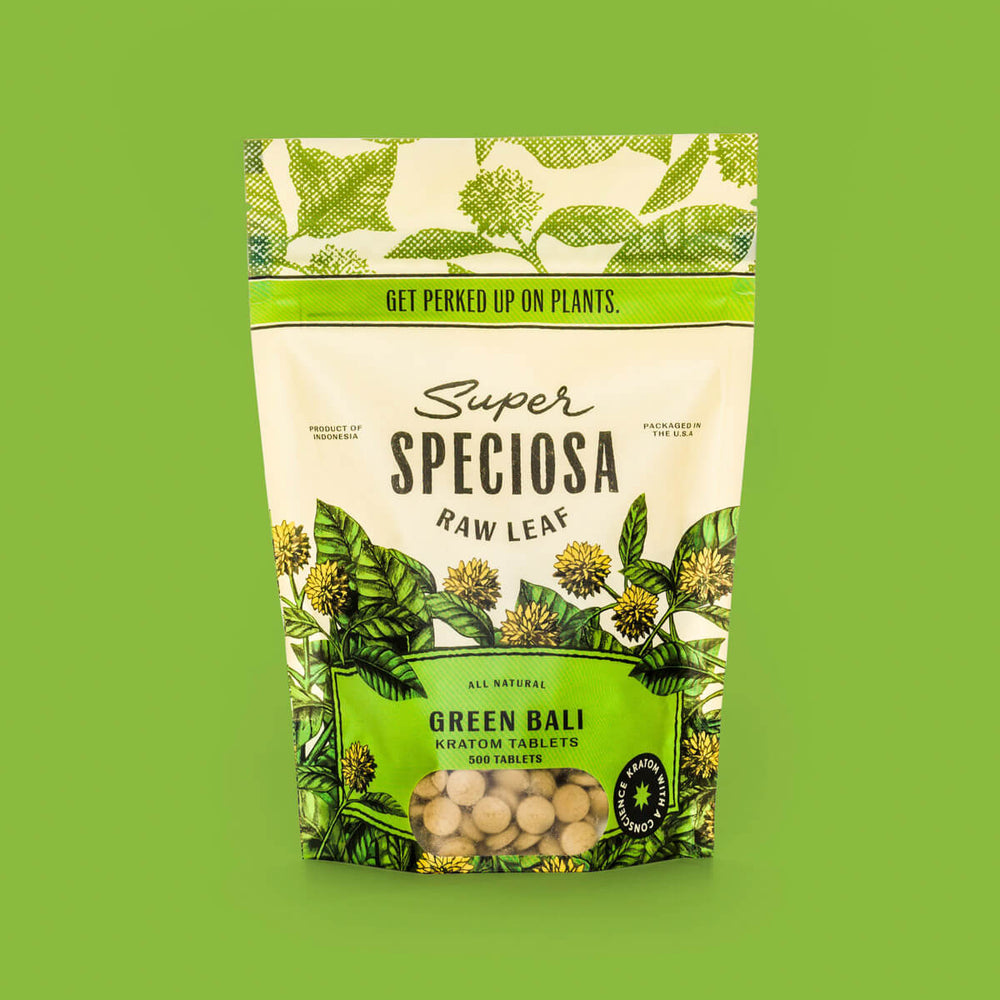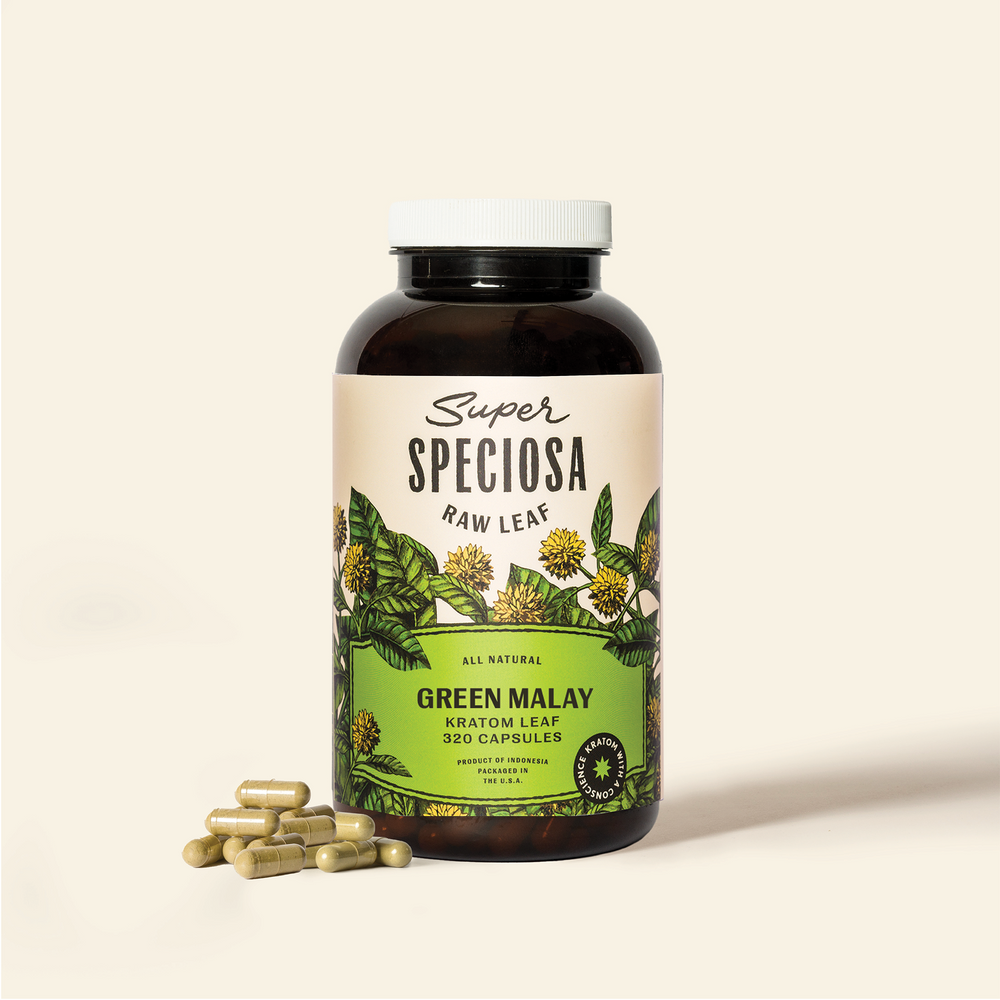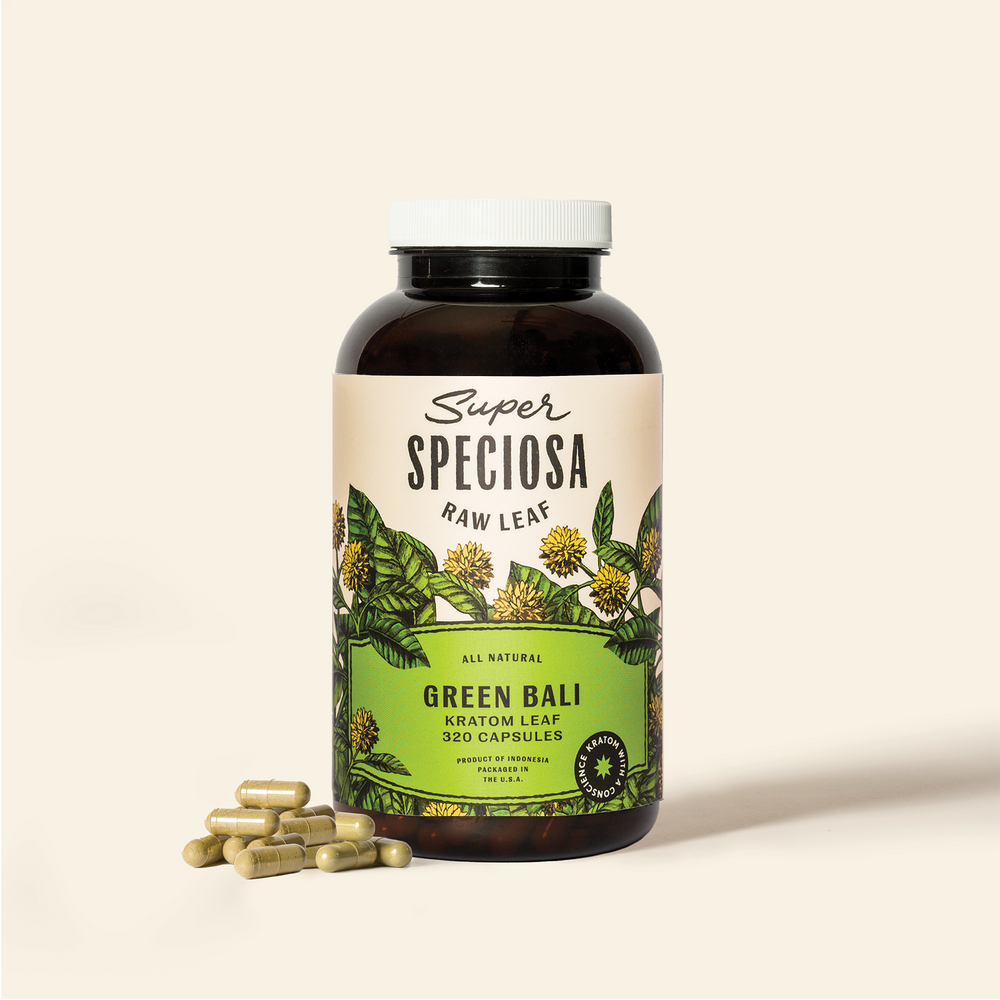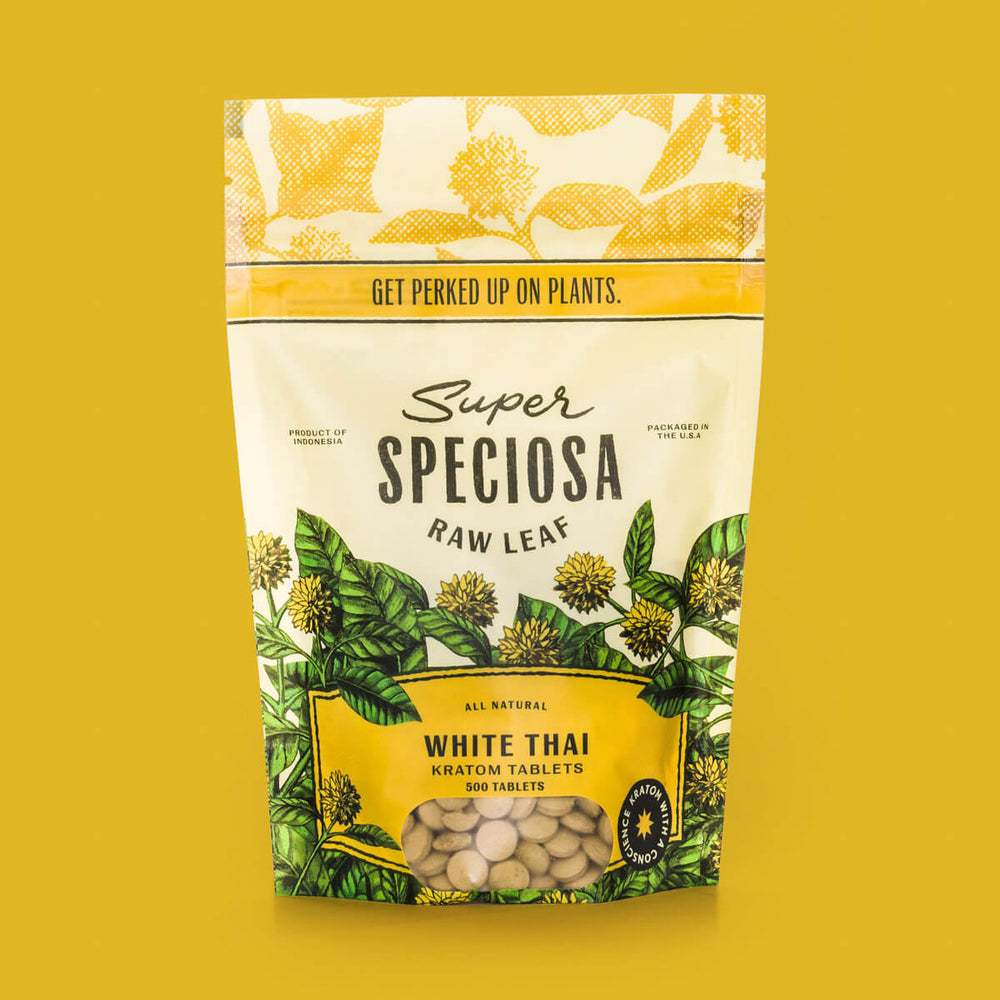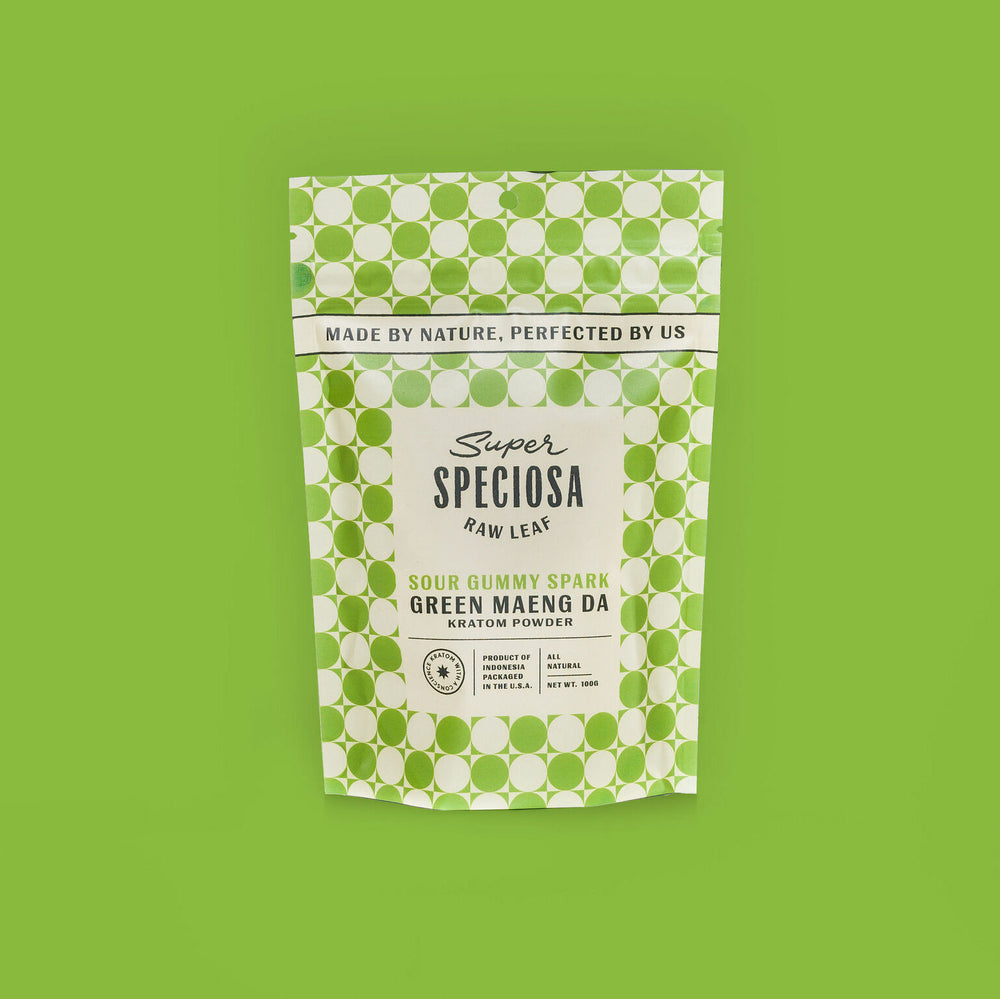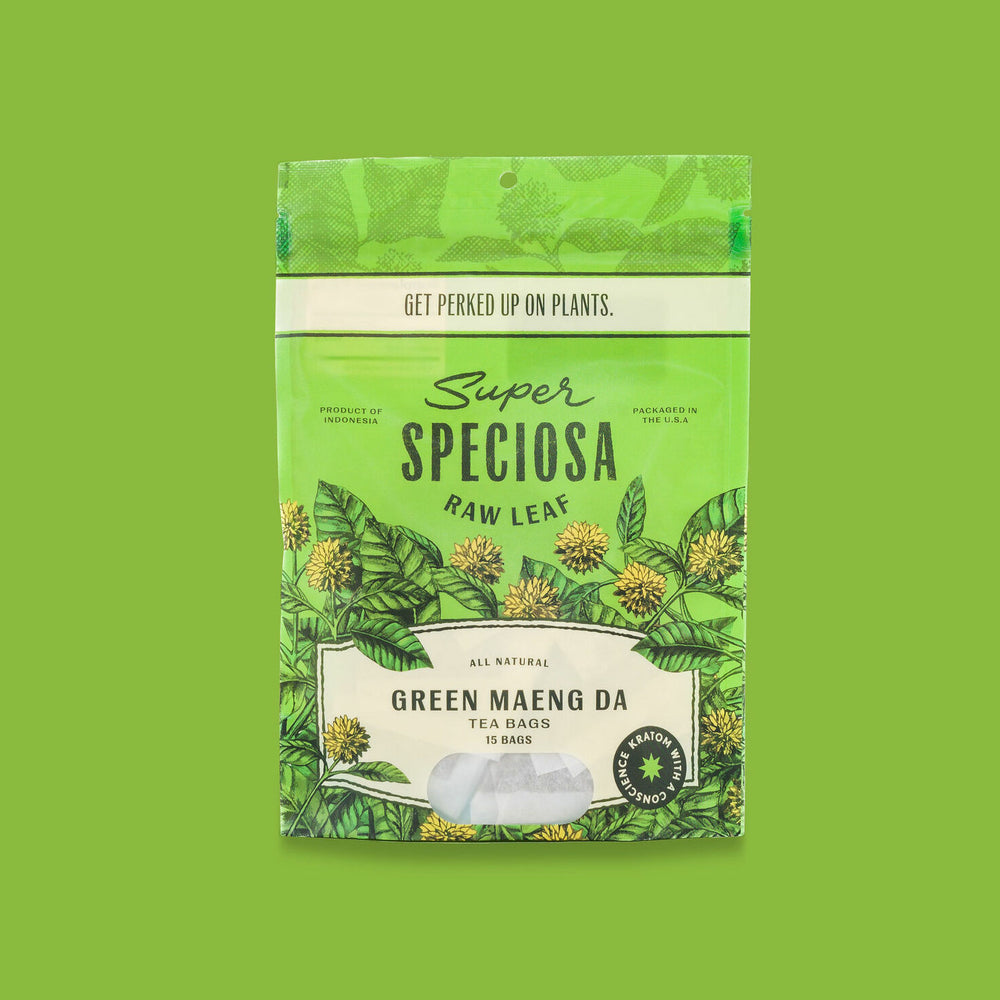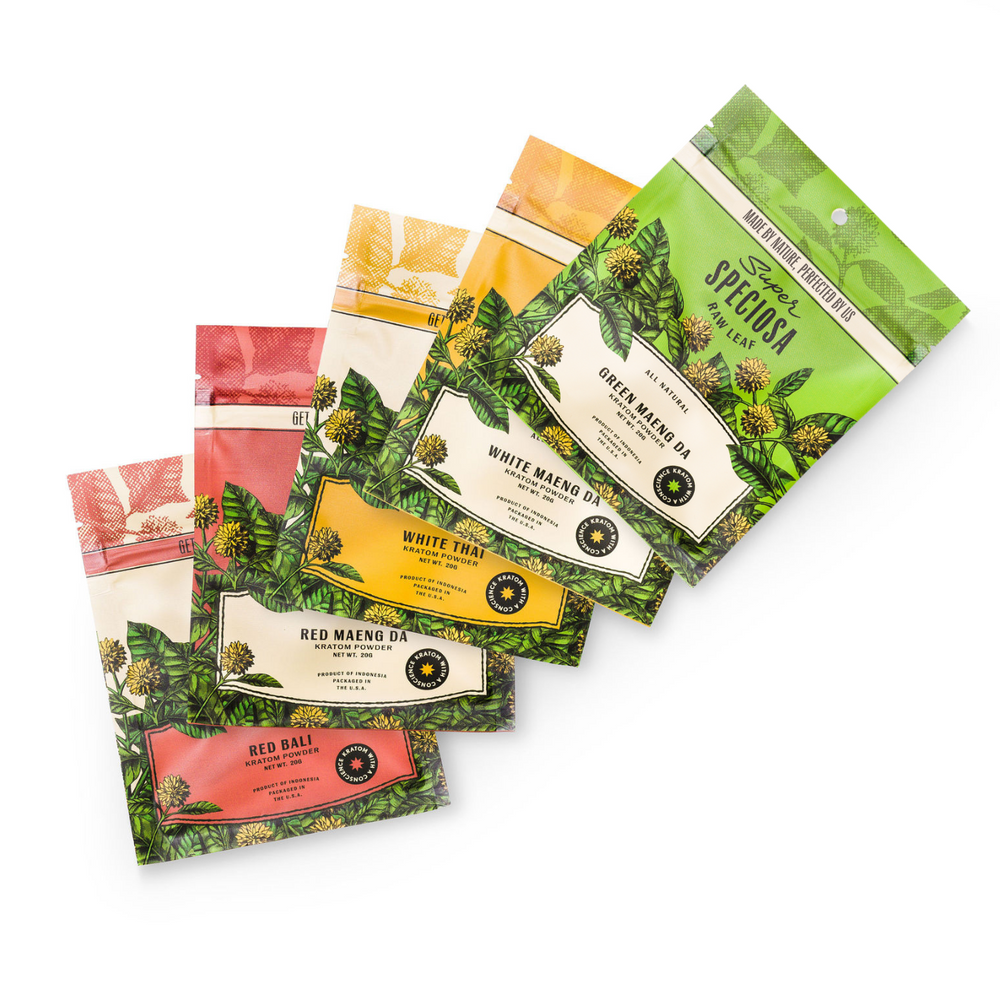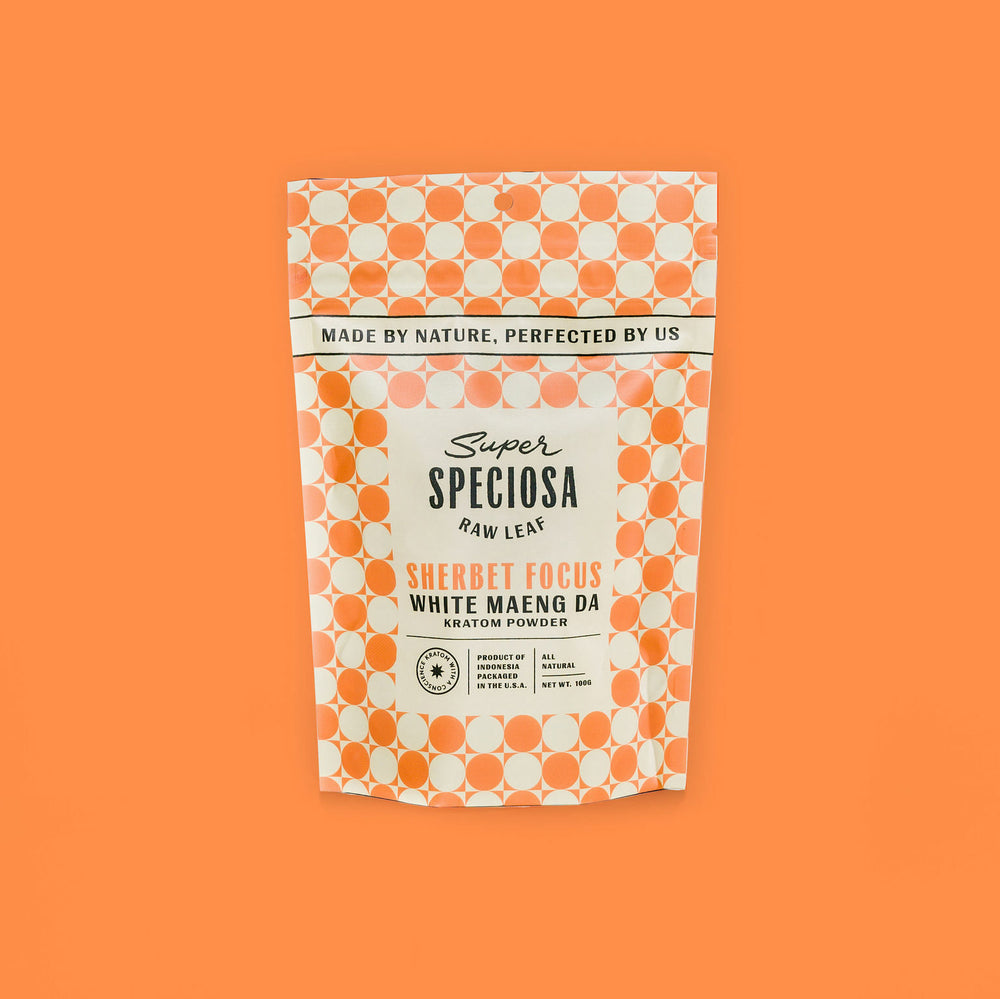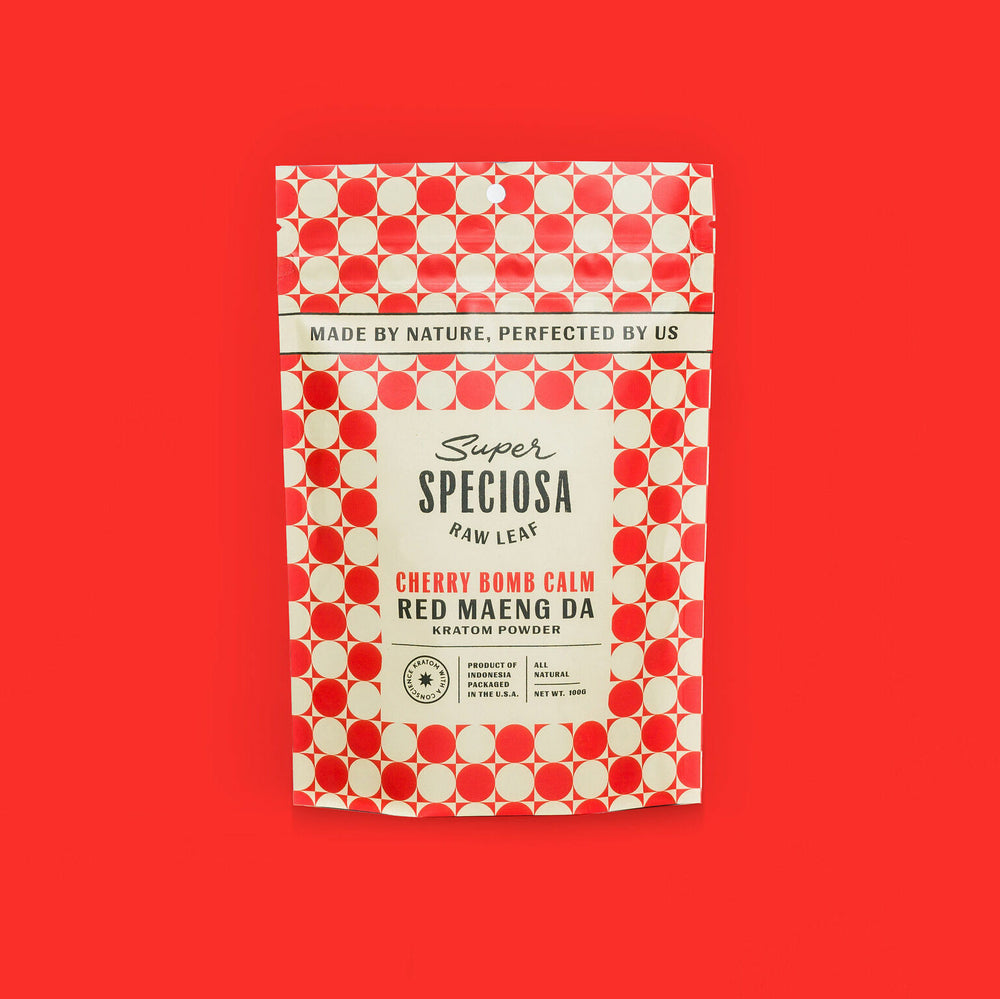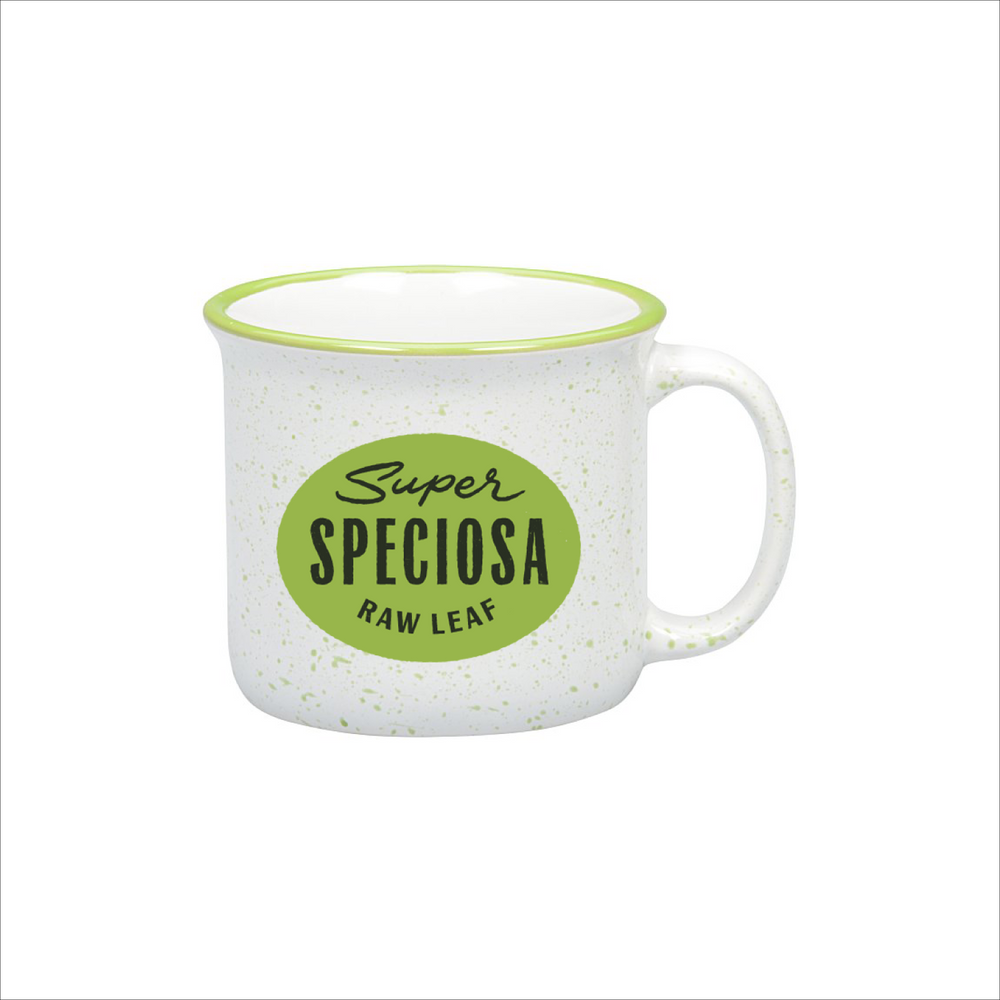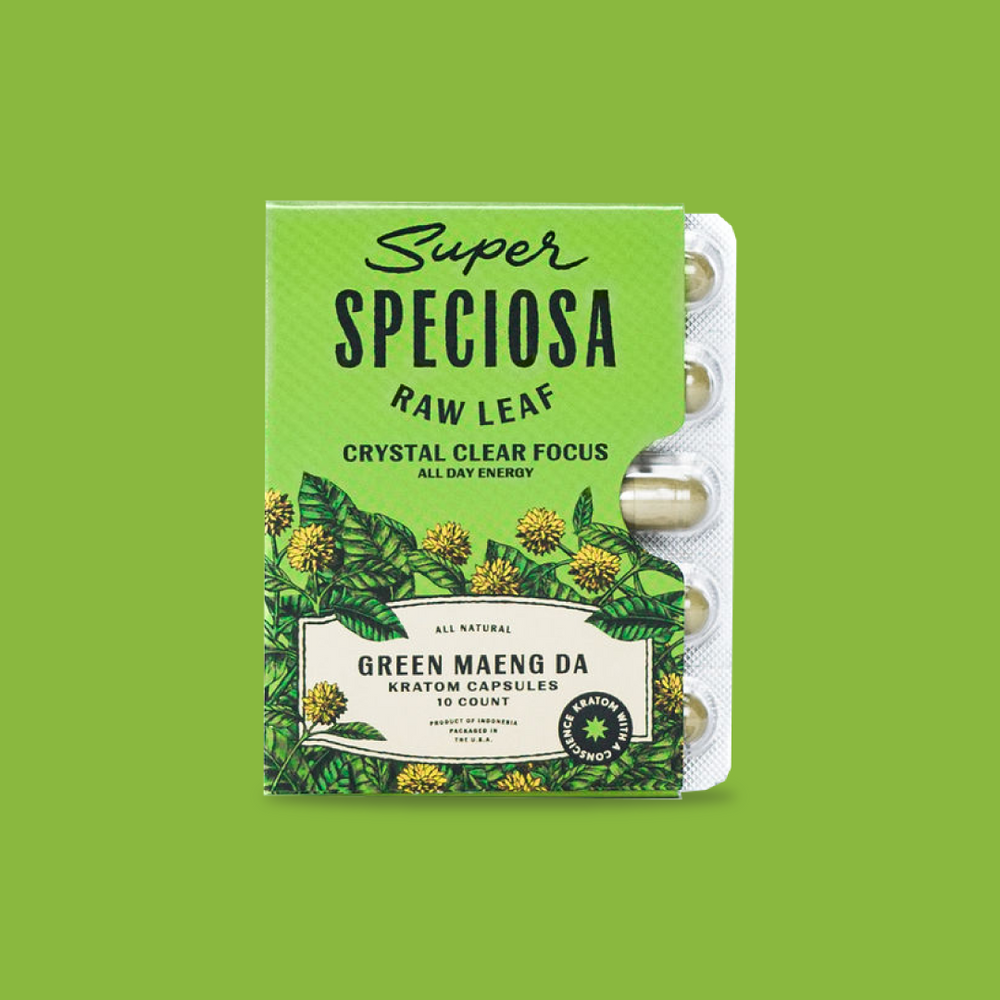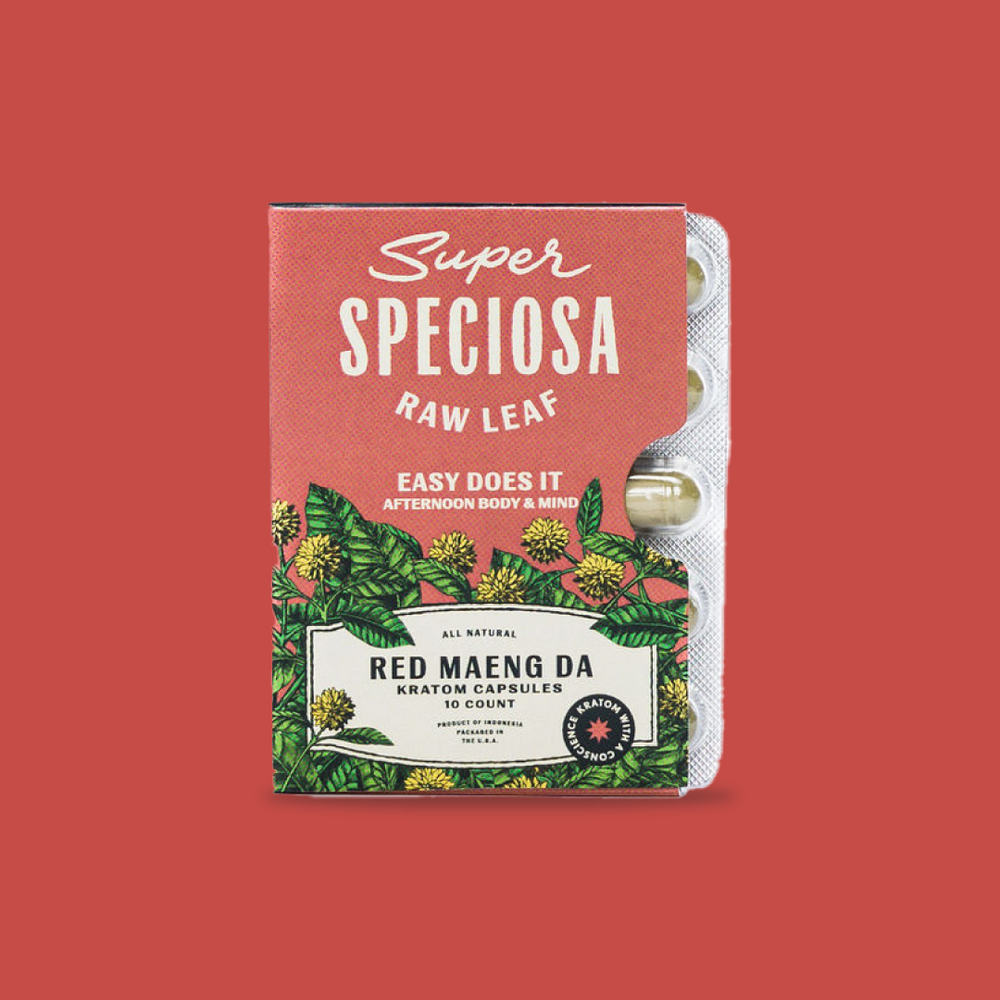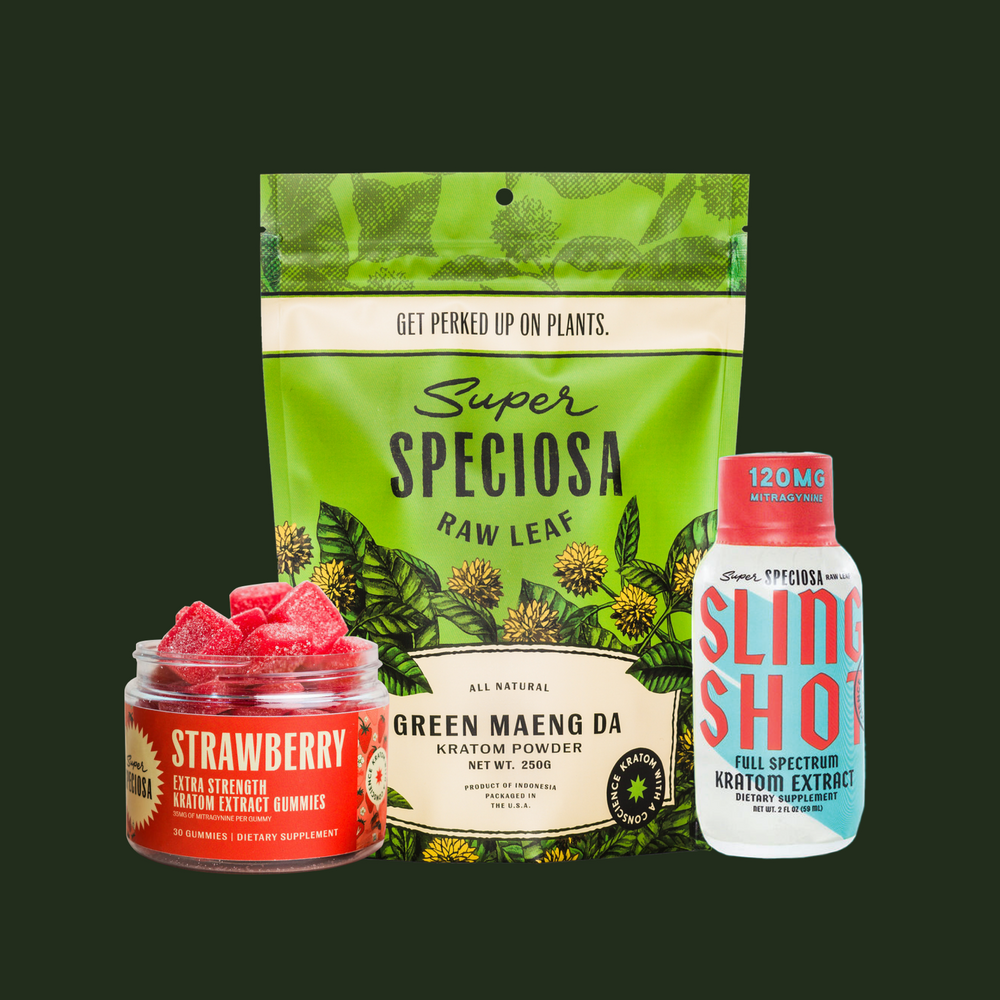Advocates Rally Against Czech Republic's Kratom Ban Proposal
ADVOCATES RALLY AGAINST CZECH REPUBLIC'S KRATOM BAN PROPOSAL

What started as a state-by-state showdown over the status of kratom in the United States has now spilled beyond our borders, as the Czech Republic has taken up the ‘kratom question’ of regulation versus prohibition.
Even though this latest round of ruminations has moved across borders, to a country with an entirely different political landscape, the back-and-forth is playing out similarly to past sparring sessions.
Reports out of the Czech Republic indicate that a senior government official is looking to go against a proposed plan to regulate kratom and pursue a ban instead. For those who have followed the fate of kratom in America, that may sound like a similar refrain. Advocates, on the other hand, hope to write a new verse in this saga and use a broad coalition of support for kratom to establish a safe, regulated market for kratom consumers in Czechia.
The standstill around kratom policy centers around two opposing approaches. The proposed legislation was recently put together by the Interdepartmental Addictive Behavioral Team that would have set an age limit as an entry point into a regulated kratom market. At the same time, Minister of Health Vlastimil Valek recently spoke in favor of adding kratom to a list of prohibited substances, and said he favored “legislation that will respond flexibly.”
What that would amount to in a practical sense is a ban on a substance that is currently sold legally in Czechia (the name preferred by the government). In response to that suggestion, advocates from different parts of Czech society and the government have pointed out the flaws of such an approach and doubled down on support of a regulated market for kratom.
 American Kratom Association meets with Czech Republic officials to advocate for kratom.
American Kratom Association meets with Czech Republic officials to advocate for kratom.
Those objections have sounded similar to the discussions that have played out in America: Advocates are worried about how such a law could affect consumers who remained in possession of the plant and could encourage a black market for the supplement.
“We do not agree with the temporary ban, especially because that has been proven to lead users to pre-stock,” said Jan Michailida, a member of the Interdepartmental team that proposed the age restrictions. “These users could then, in the extreme case, be sentenced to up to several years in prison, as they are in possession of such a significant amount of this substance.”
On top of the coalition of support from local advocates, which includes nearly 17,000 Czech citizens who signed a petition in support of kratom, support from abroad has arrived in the form of both the American Kratom Association and the European Kratom Alliance. Mac Haddow, a senior policy fellow with the AKA, was photographed meeting with officials as part of local media coverage of the issue and said his organization was ready to support the Czech government with science and data–the same evidence that 11 states used to establish Kratom Consumer Protection Acts.
“This is a result of the fact that kratom policy in the United States considers public health as a whole and is guided by current and reliable scientific evidence and not by emotions, impressions, and deliberately distorted 'evidence,’” Haddow said. “We would like to offer the Czech Republic cooperation and our scientific resources in solving this problem."
From an organizational standpoint, the AKA offered a comment that echoed Haddow’s concerns and pointed to the United Nations’ decision against scheduling kratom as a guidepost for kratom policy.

Mac Haddow of the American Kratom Association meeting with Czech officials.
“The AKA presented this week to Czech Republic representatives on the importance of regulating kratom rather than banning and criminalizing it,” the statement said. “As was seen during the WHO and UN review… it is important for international governments to realize the value of protecting consumers (against) the dangers of criminalization of kratom.”
Pressure against a proposed ban was also widespread from many involved in this aspect of Czech policymaking. Minister Valek is a member of the TOP 09 party, a right-leaning conservative party that includes liberals in its coalition. In an email response to the public, a different lawmaker for Valek’s party spoke out against the position taken by the Czech Minister of Health.
"I would like to assure you that TOP 09 is not interested in a blanket ban on kratom, but on the contrary, we support the regulation of this substance," said MP Martina Ochodnická.
Other officials who have spoken out against a proposed ban include the National Anti-Drug and Lukas Pfeffer, a member of a supervisory board pertaining to the matter. According to Pfeffer, the work of establishing a new set of laws has been done, now it’s time for those in charge to follow through with the plan presented by the Interdepartmental team.
“There is no single rational reason to ban kratom,” he said. “Minister Válek clearly declared that he needs a legal framework to regulate kratom. He now has the latter at his disposal, yet he wants to ban kratom. For us, this is a completely incomprehensible, irrational and indefensible step,"
That resistance also carries beyond the borders of Czechia, both in terms of hoping for regulation and concerns over the potential ripple effect of a ban. Jakub Zientala is a representative of the European Kratom Alliance and made his stance clear: This decision will set the tone for how the ‘kratom question’ plays out across the continent.
“The governments of Holland, Belgium and even Germany are closely monitoring how the Czech Republic will deal with this challenge,” Zientala said. “Thus, the regulation of kratom will not only affect the country but the approach to the issue in the entire European Union.”
